1. You're approaching menopause (or your menopause is to blame!)
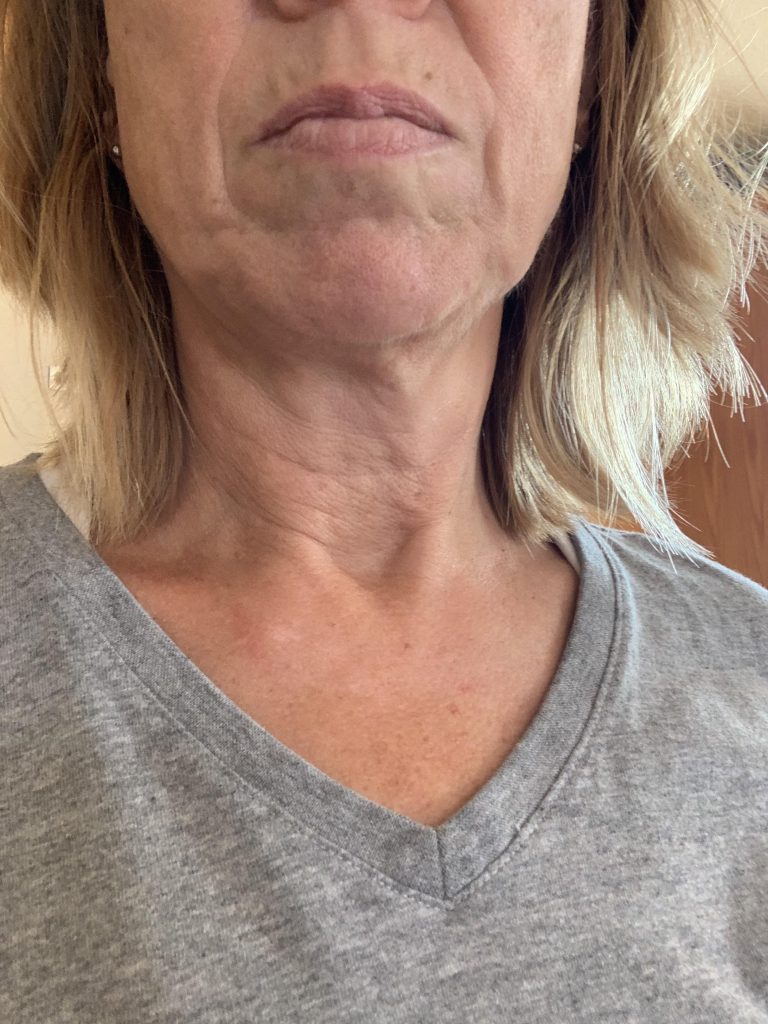 image source: reddit.com
image source: reddit.com
During menopause, the body undergoes significant hormonal changes, particularly a decline in estrogen levels. These hormonal fluctuations can lead to various symptoms, including hot flashes and night sweats. Night sweats during menopause are often intense and can disrupt sleep patterns, leading to fatigue and irritability during the day.
2. It's likely anxiety or stress
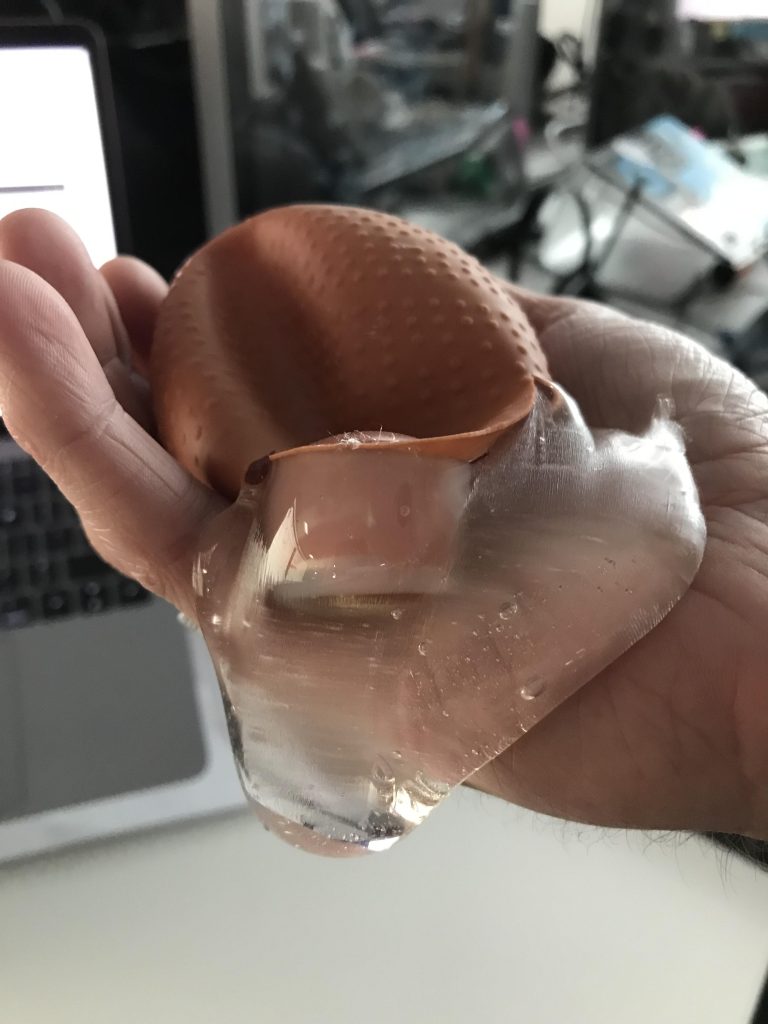 image source: reddit.com
image source: reddit.com
Anxiety and stress can have profound effects on the body, including disrupting the normal functioning of the autonomic nervous system, which controls processes like sweating. When a person experiences anxiety or stress, the body may enter a state of hyperarousal, leading to increased sympathetic nervous system activity and triggering sweating, including night sweats.
3. You might have an undiagnosed sweating disorder
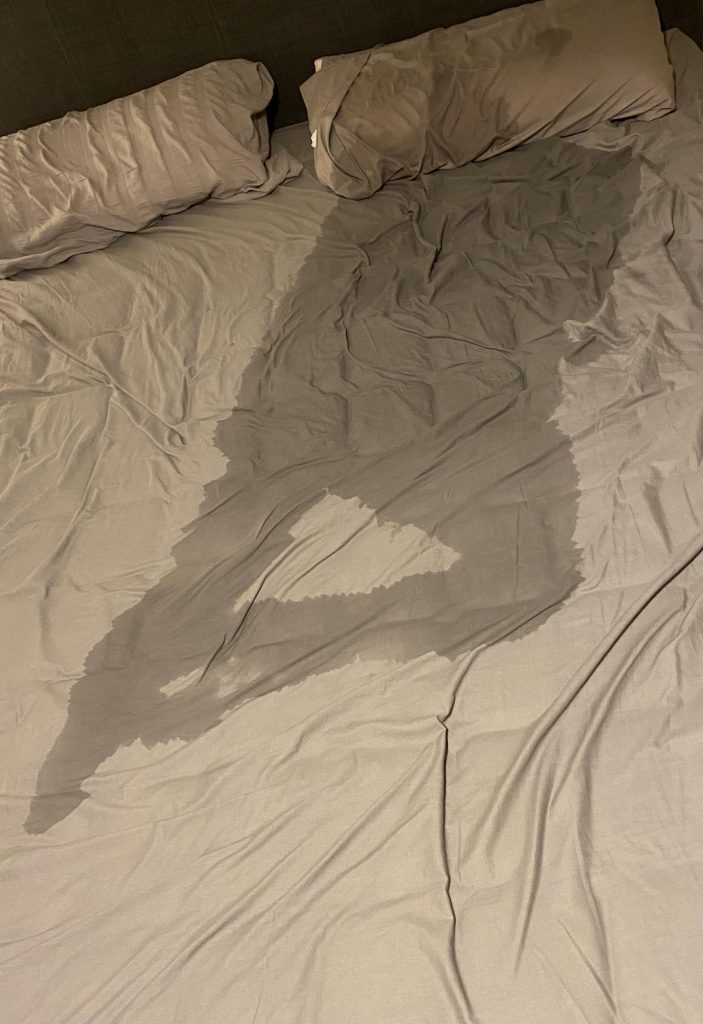 image source: reddit.com
image source: reddit.com
Hyperhidrosis is a medical condition characterized by excessive sweating beyond what is necessary for regulating body temperature. This condition can affect various parts of the body, including the palms, feet, underarms, and face, and may also manifest as night sweats. Night sweats caused by hyperhidrosis are often unrelated to external temperature or physical activity and can significantly disrupt sleep and quality of life.
4. If you're on medication, double check the side effects
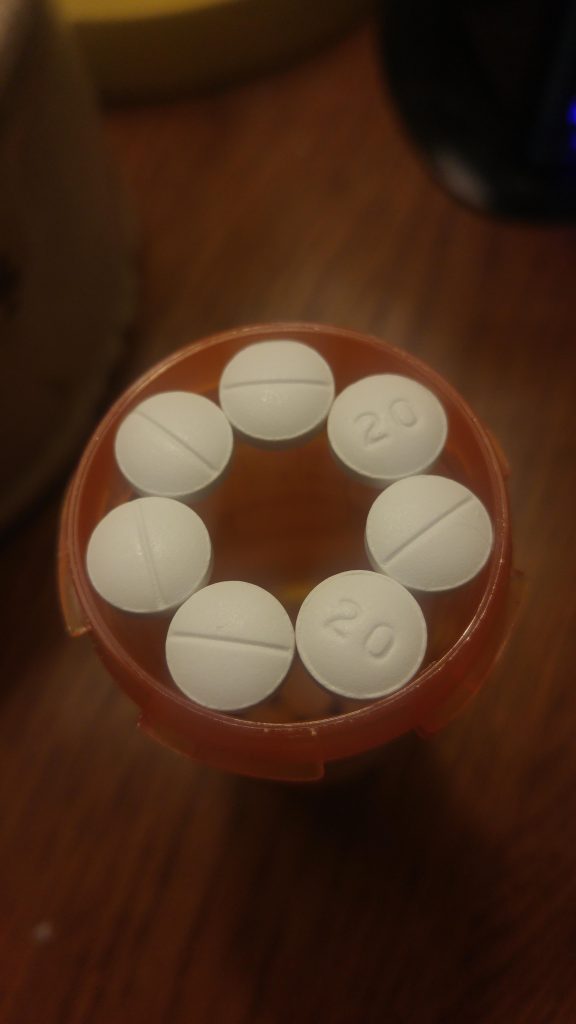
image source: reddit.com
Certain medications, including antidepressants, hormone therapies, and medications used to treat various medical conditions, can cause night sweats as a side effect. Antidepressants, such as selective serotonin reuptake inhibitors (SSRIs) and serotonin-norepinephrine reuptake inhibitors (SNRIs), are known to affect the body's thermoregulatory system, leading to increased sweating.
5. Low blood sugar could be causing those annoying sweats
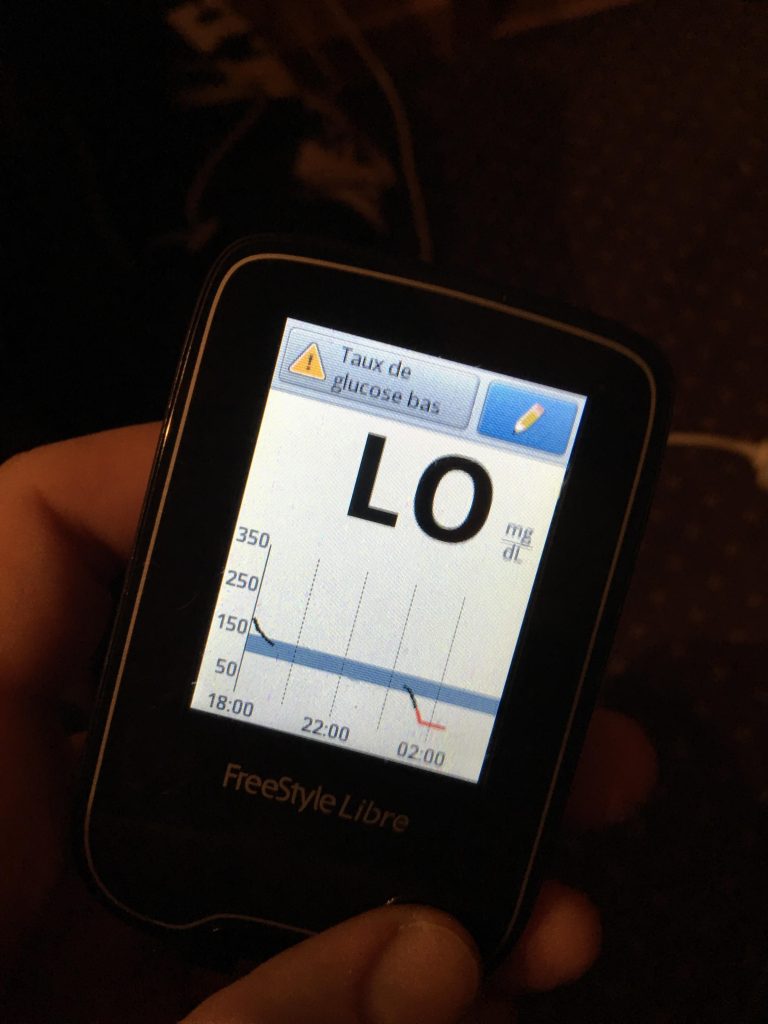 image source: reddit.com
image source: reddit.com
Hypoglycemia occurs when blood sugar levels drop below normal levels, typically below 70 milligrams per deciliter (mg/dL). This can happen for various reasons, including skipping meals, excessive alcohol consumption, certain medications (such as insulin or sulfonylureas used to treat diabetes), or underlying medical conditions.
6. You have a fever or infection
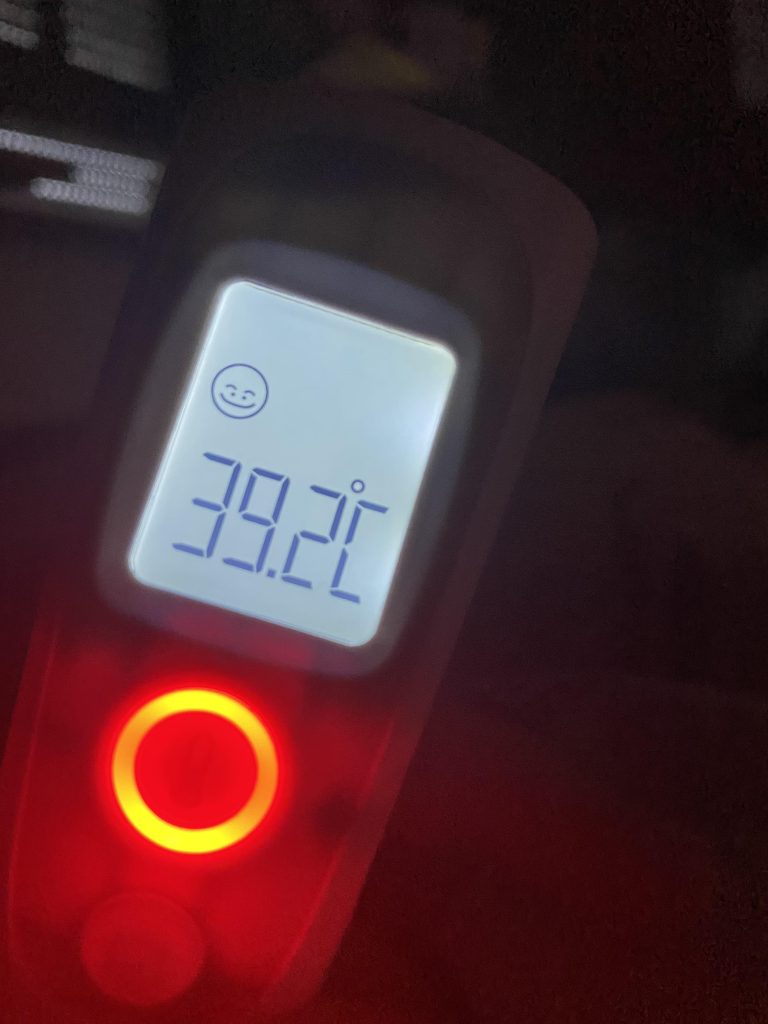 image source: reddit.com
image source: reddit.com
Night sweats can often accompany fever and infections as the body's natural response to combatting illness. When the body is fighting off an infection, the immune system ramps up its activity, which can lead to an increase in body temperature. This elevation in temperature triggers the body's cooling mechanisms, including sweating, to help regulate internal heat and reduce fever.
7. Surprisingly, sleep apnea could be the cause
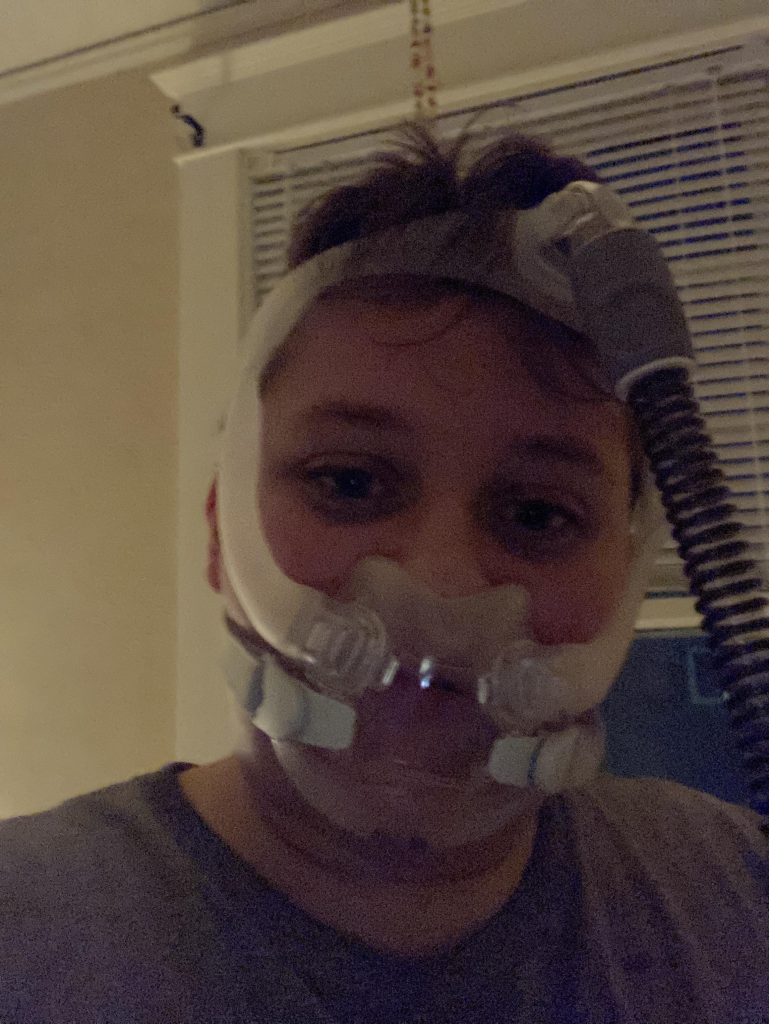 image source: reddit.com
image source: reddit.com
Sleep apnea is a sleep disorder characterized by pauses in breathing or shallow breaths during sleep. Night sweats are also a common symptom of sleep apnea, particularly in cases of obstructive sleep apnea (OSA), where the airway becomes partially or completely blocked during sleep. The body's efforts to overcome the obstruction and restore normal breathing can trigger sweating.
8. You could have an overactive thyroid
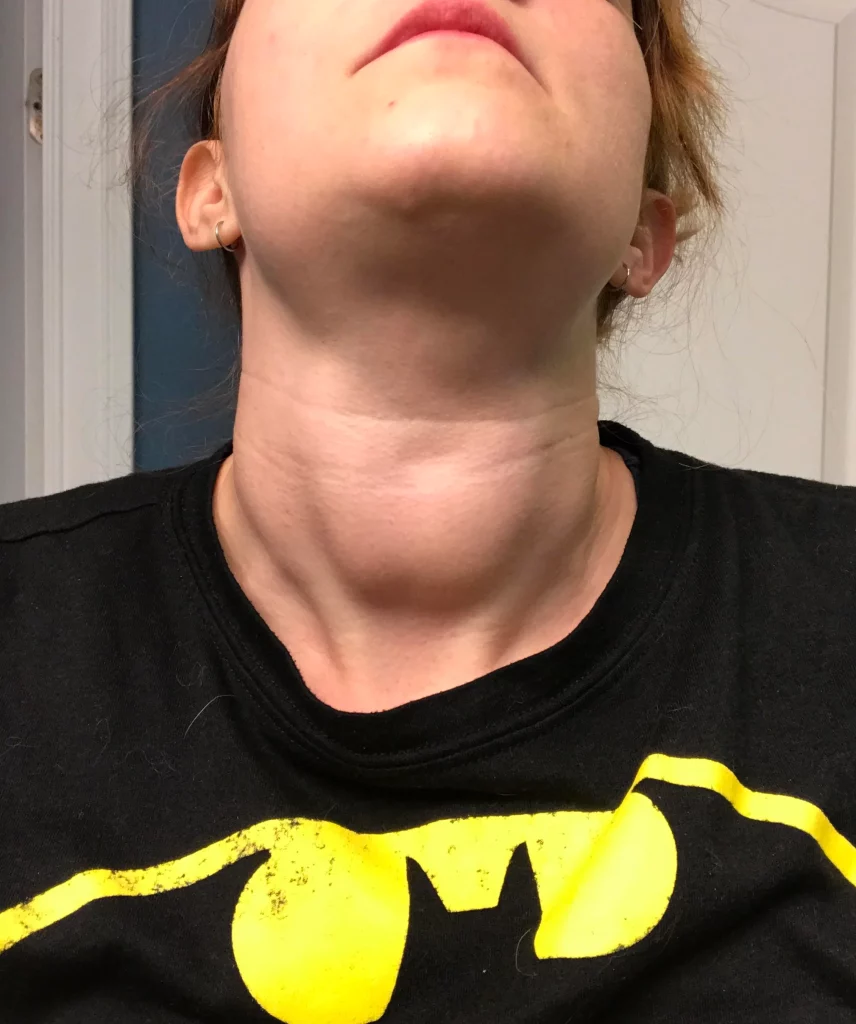 image source: reddit.com
image source: reddit.com
Hyperthyroidism is a condition characterized by an overactive thyroid gland, leading to excessive production of thyroid hormones. Night sweats are also common in individuals with hyperthyroidism, as the body's increased metabolic rate can result in elevated body temperature and excessive sweating, particularly during sleep.
9. It could be a byproduct of certain cancers
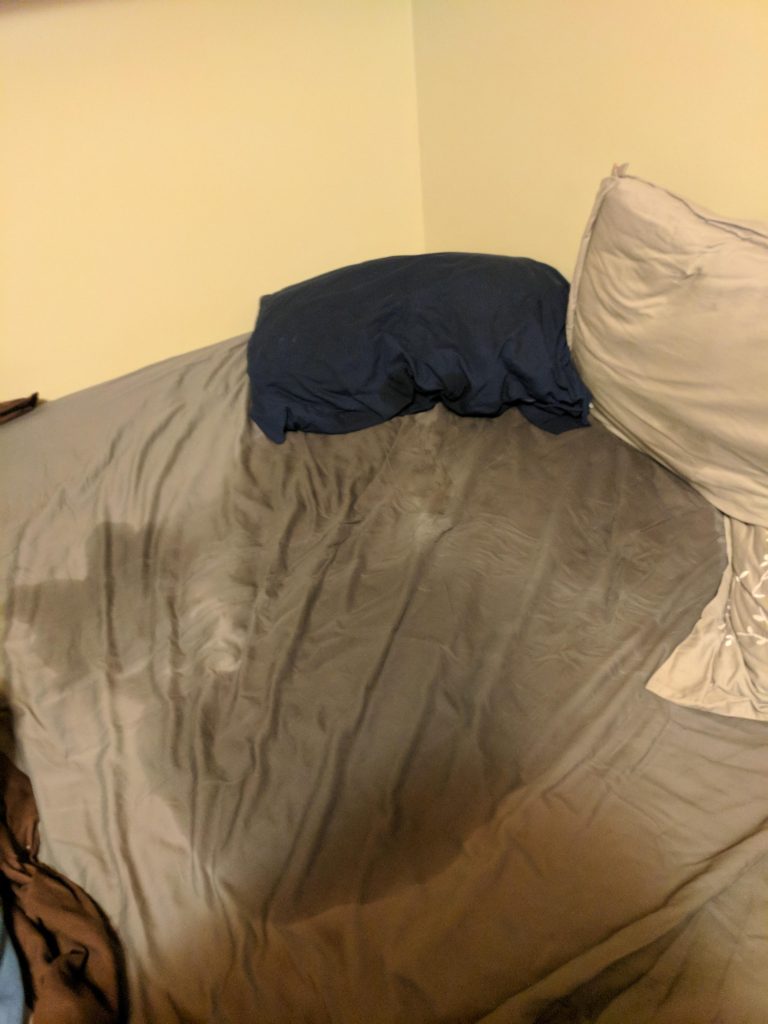 image source: reddit.com
image source: reddit.com
Night sweats can be a symptom of certain types of cancer, including lymphoma and leukemia. In these cases, night sweats are often described as drenching and unrelated to external factors such as room temperature or physical activity. The exact mechanism by which cancer causes night sweats is not fully understood but is believed to involve the body's immune response to the presence of cancer cells.
10. Check if you have chronic fatigue syndrome
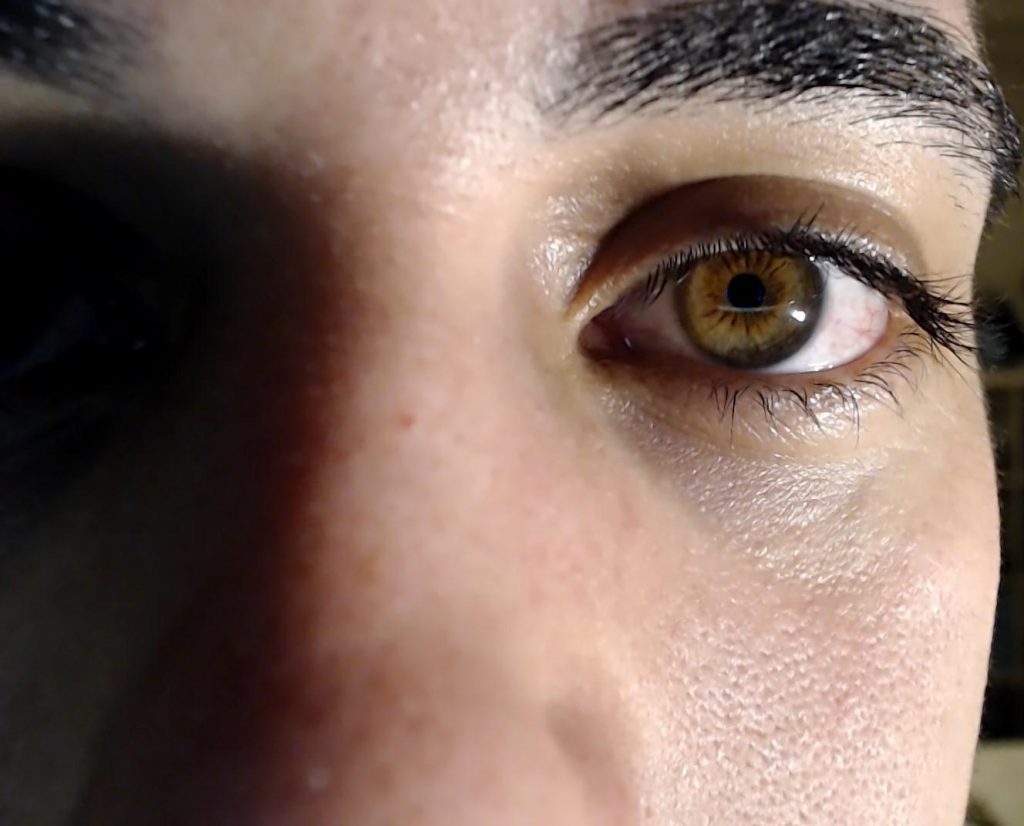 image source: reddit.com
image source: reddit.com
Chronic fatigue syndrome (CFS), also known as myalgic encephalomyelitis (ME), is a complex and debilitating disorder. Night sweats are a common but lesser-known symptom of CFS and can contribute to sleep disturbances and overall impairment in quality of life. While the exact cause of CFS is not fully understood, it is believed to involve a combination of genetic, environmental, and immunological factors.
11. Have you been eating too many acidic foods? GERD could be the cause
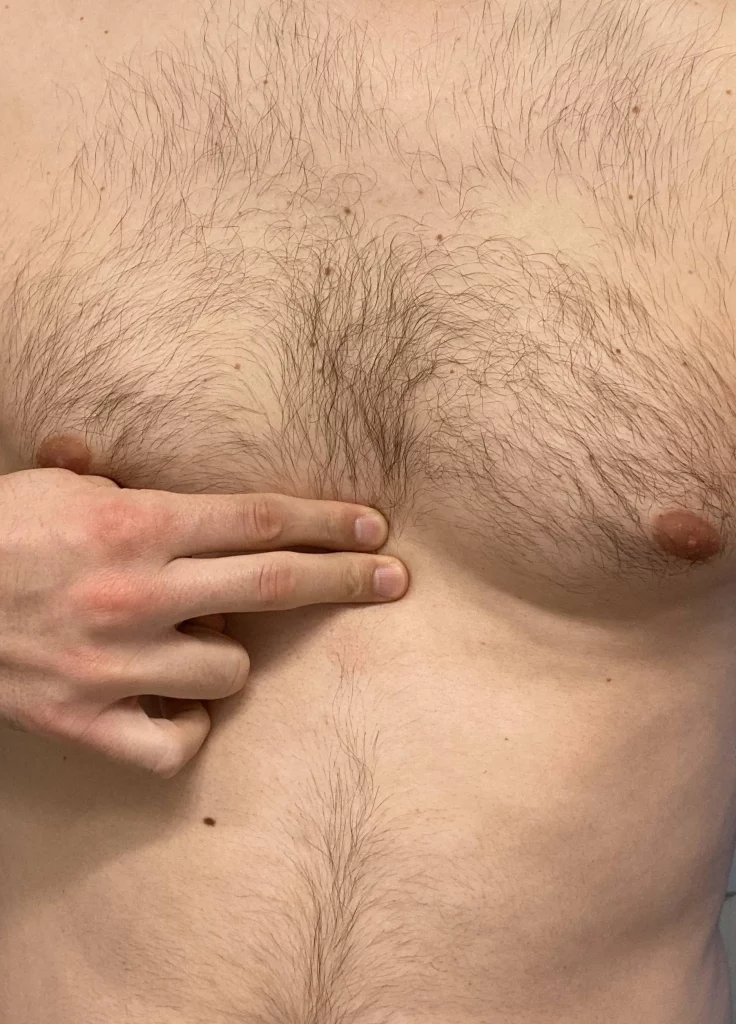 image source: reddit.com
image source: reddit.com
Gastroesophageal reflux disease (GERD) is a chronic condition in which stomach acid flows back into the esophagus, leading to symptoms such as heartburn, regurgitation, and chest pain. In addition to these typical symptoms, GERD can also cause less common manifestations, including night sweats.
12. You might be sweating after laying off the booze
 image source: reddit.com
image source: reddit.com
Alcohol withdrawal occurs when individuals who have been consuming alcohol excessively suddenly stop or significantly reduce their alcohol intake. Withdrawal symptoms can vary in severity and may include anxiety, tremors, sweating, nausea, vomiting, and in severe cases, hallucinations, seizures, and delirium tremens (DTs).
13. Any drug withdrawal can cause sweating, too
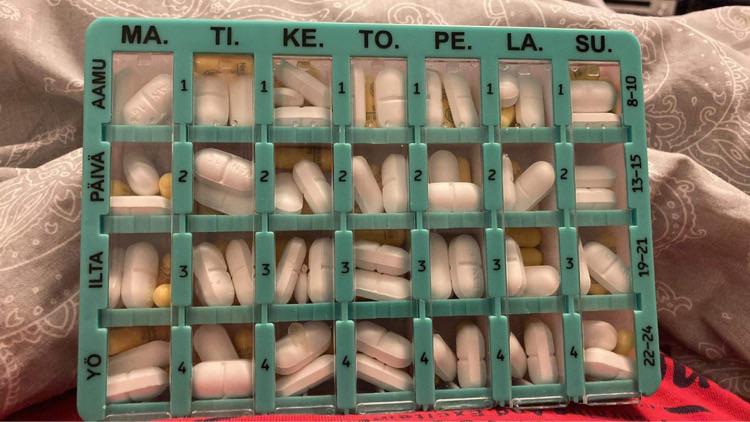 image source: reddit.com
image source: reddit.com
Drug withdrawal refers to the physiological and psychological symptoms that occur when individuals abruptly stop or reduce their use of a substance to which they have become dependent. Night sweats are a common symptom of opioid withdrawal, for example, and can occur as the body adjusts to the absence of opioids and attempts to restore normal functioning of the central nervous system.
14. Certain autoimmune disorders can cause night sweats
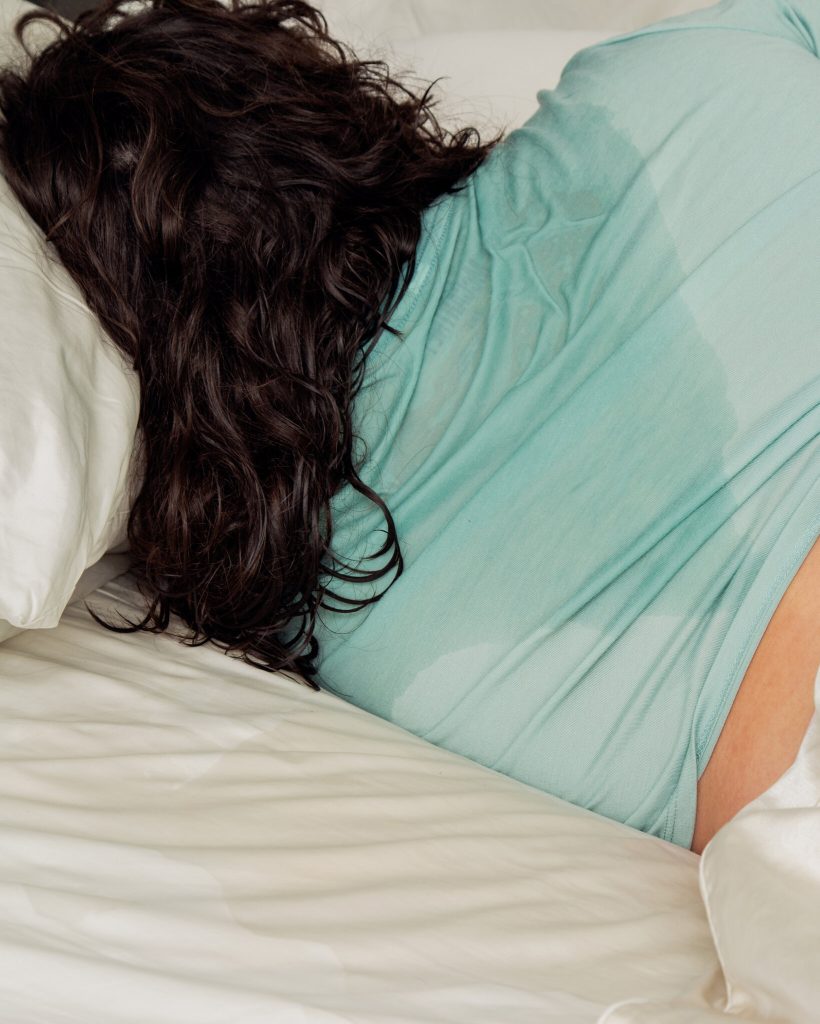 image source: thenewyorktimes.com
image source: thenewyorktimes.com
Autoimmune diseases occur when the body's immune system mistakenly attacks its tissues, leading to inflammation and damage. Night sweats can be a manifestation of the inflammatory process in these conditions, often occurring alongside other symptoms such as joint pain, fatigue, and fever.
15. You're going through a huge fluctuation in hormones
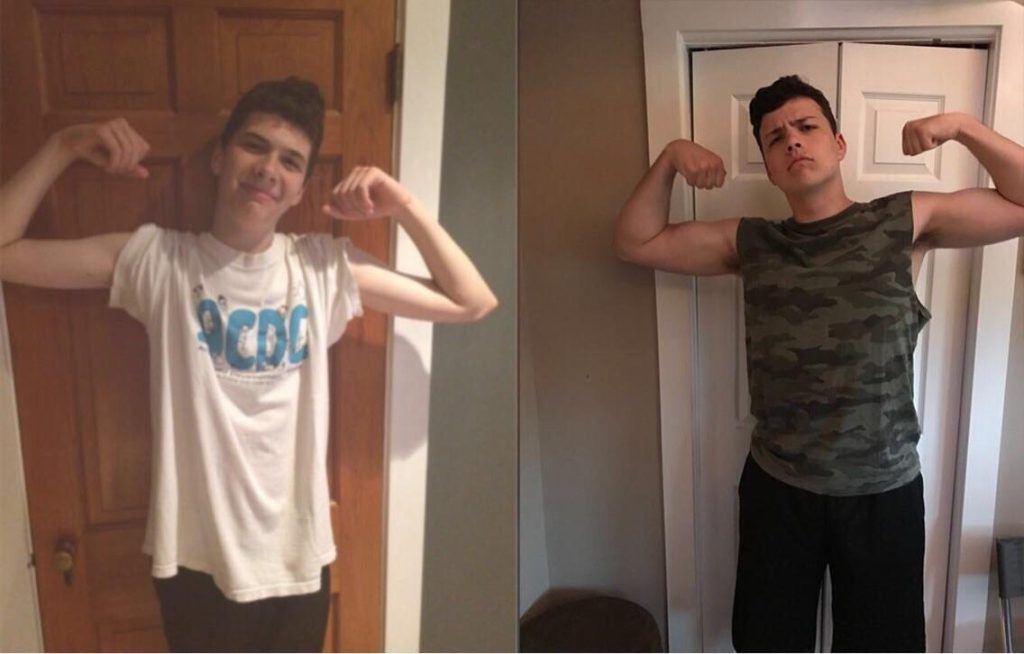 image source: reddit.com
image source: reddit.com
Hormonal fluctuations can occur for various reasons, including puberty, pregnancy, menstruation, menopause, or underlying hormonal disorders. These fluctuations can disrupt the body's thermoregulatory system, leading to episodes of night sweats. For example, during puberty, hormonal changes can trigger increased activity in the sweat glands.
16. You might want to lay off the caffeine before bed
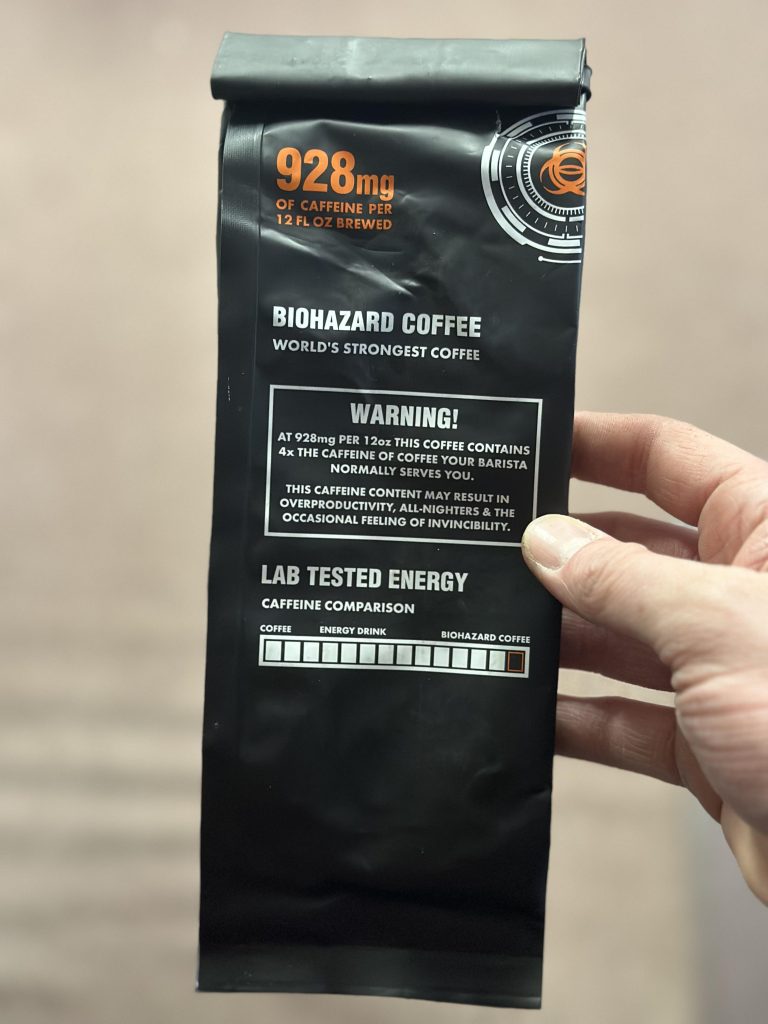 image source: reddit.com
image source: reddit.com
Caffeine is a stimulant that can increase heart rate and metabolic activity, potentially raising body temperature and triggering sweating, particularly if consumed close to bedtime. Alcohol consumption can also disrupt the body's ability to regulate temperature by causing vasodilation and altering hormonal responses, leading to night sweats.
17. Your bedding material may be the wrong kind for you
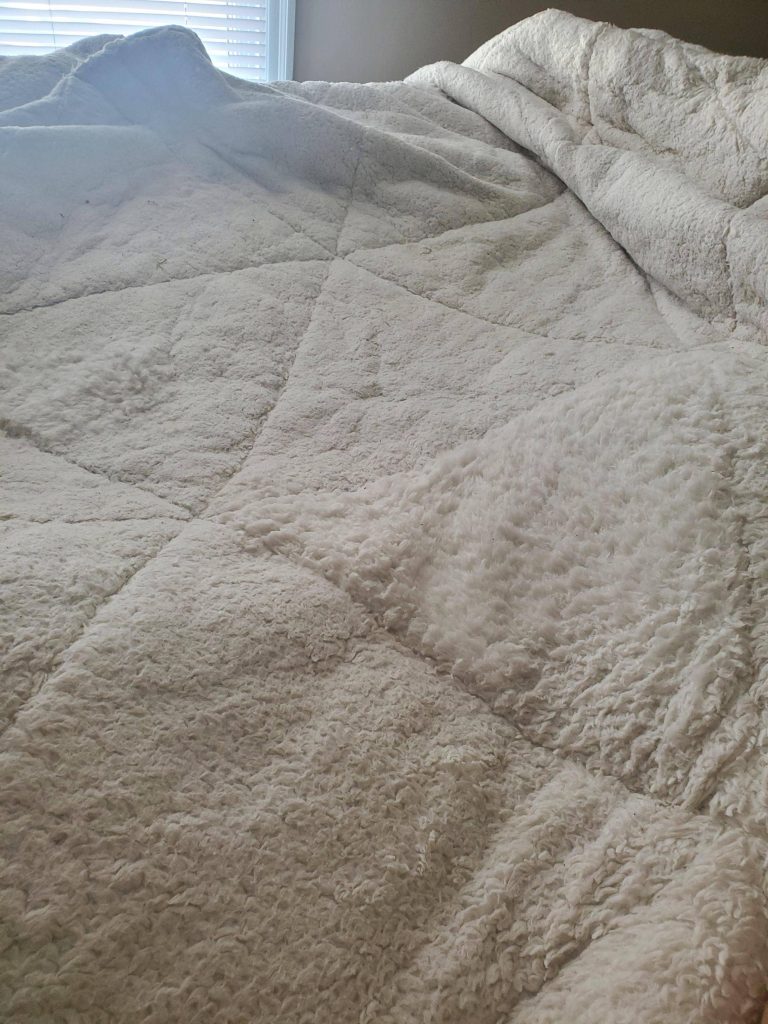 image source: reddit.com
image source: reddit.com
The choice of bedding material can significantly influence sleep quality and the occurrence of night sweats. Bedding materials that trap heat, such as synthetic fabrics or heavy comforters, can contribute to overheating and sweating during sleep, particularly in individuals prone to night sweats.
18. Your room might be either too hot or too cold
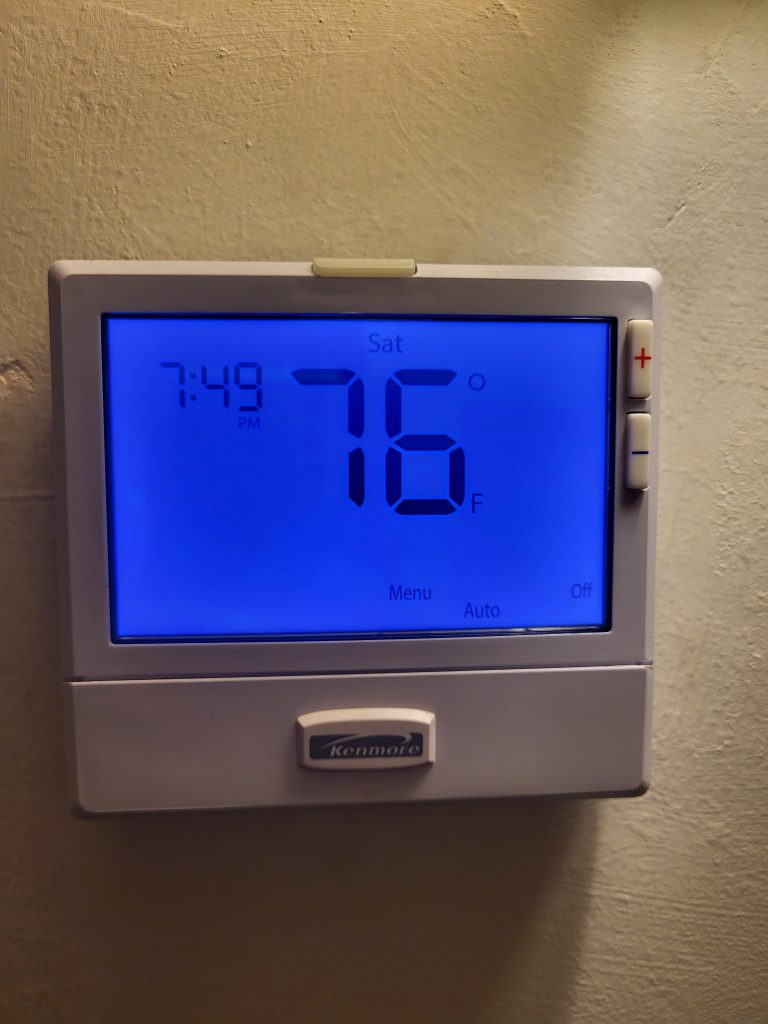 image source: reddit.com
image source: reddit.com
Sleeping in a room that is too warm or poorly ventilated can make it difficult for the body to dissipate heat, leading to discomfort and sweating. On the other hand, excessively cold temperatures can cause shivering and disrupt sleep patterns, leading to fluctuations in body temperature and potential night sweats as the body attempts to regulate its temperature.
19. You could be having 'fight or flight' responses in your sleep
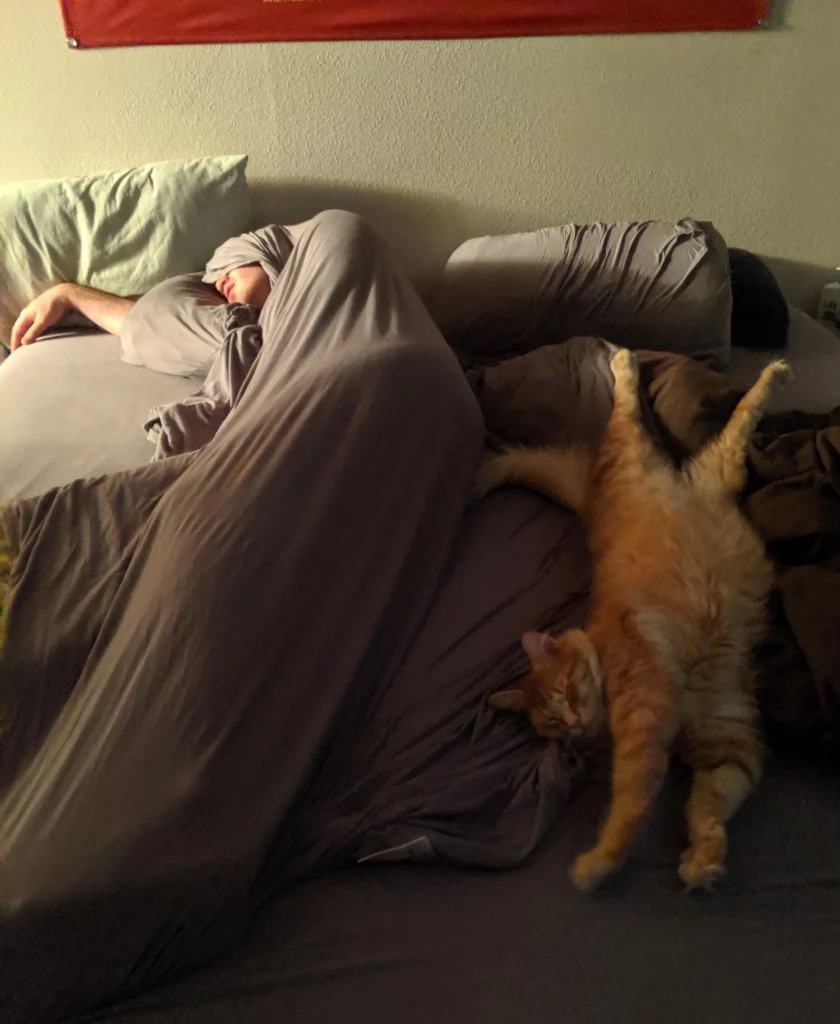 image source: reddit.com
image source: reddit.com
The sympathetic nervous system is responsible for the body's "fight or flight" response, triggering physiological changes such as increased heart rate, dilation of the pupils, and sweating in response to stress or perceived threats. In some individuals, the sympathetic nervous system may become overactive, leading to excessive sweating, even during periods of rest or sleep.
20. Do you have nightmares or night terrors?
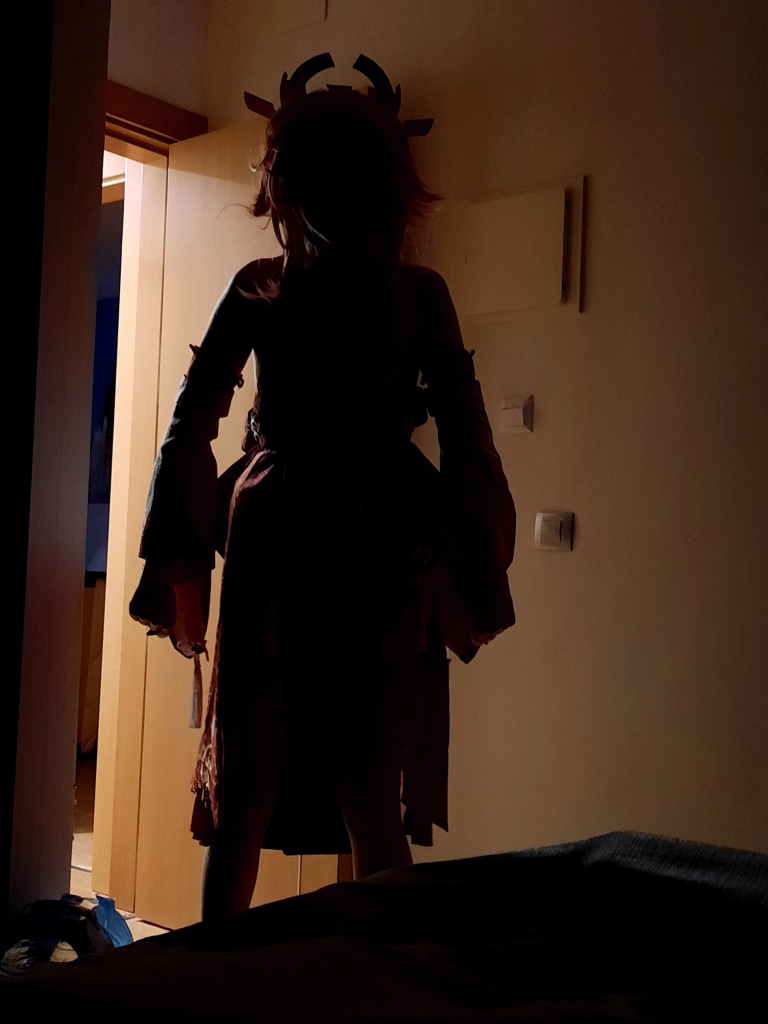 image source: reddit.com
image source: reddit.com
Nightmares and night terrors can disrupt sleep patterns and trigger sweating, particularly during the REM (rapid eye movement) stage of sleep when dreams are most vivid. These sleep disturbances may be caused by various factors, including stress, anxiety, trauma, medications, or underlying sleep disorders.
21. If you're suffering from any chronic pain, it's likely the cause

image source: reddit.com
Chronic pain conditions, such as fibromyalgia, neuropathy, or arthritis, can lead to persistent discomfort and impairment in daily functioning. Night sweats can be a common symptom in individuals with chronic pain, often due to the body's response to pain and stress. Chronic pain can activate the sympathetic nervous system, triggering responses such as sweating.
22. Night sweats can be a sign that you need to lose weight
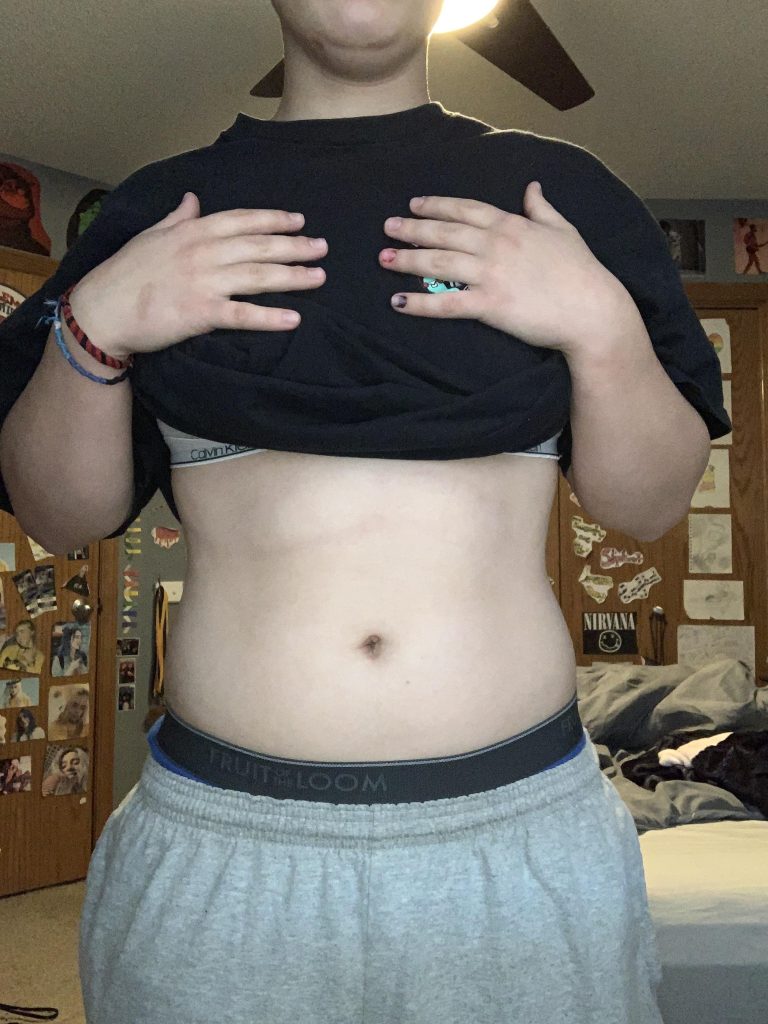 image source: reddit.com
image source: reddit.com
Excess body weight can lead to increased metabolic demands, resulting in elevated body temperature and sweating, particularly during sleep. Additionally, obesity is associated with hormonal imbalances, such as leptin resistance and increased production of inflammatory cytokines, which can affect thermoregulation and contribute to night sweats.
23. Night sweats can be a symptom of chronic kidney disease
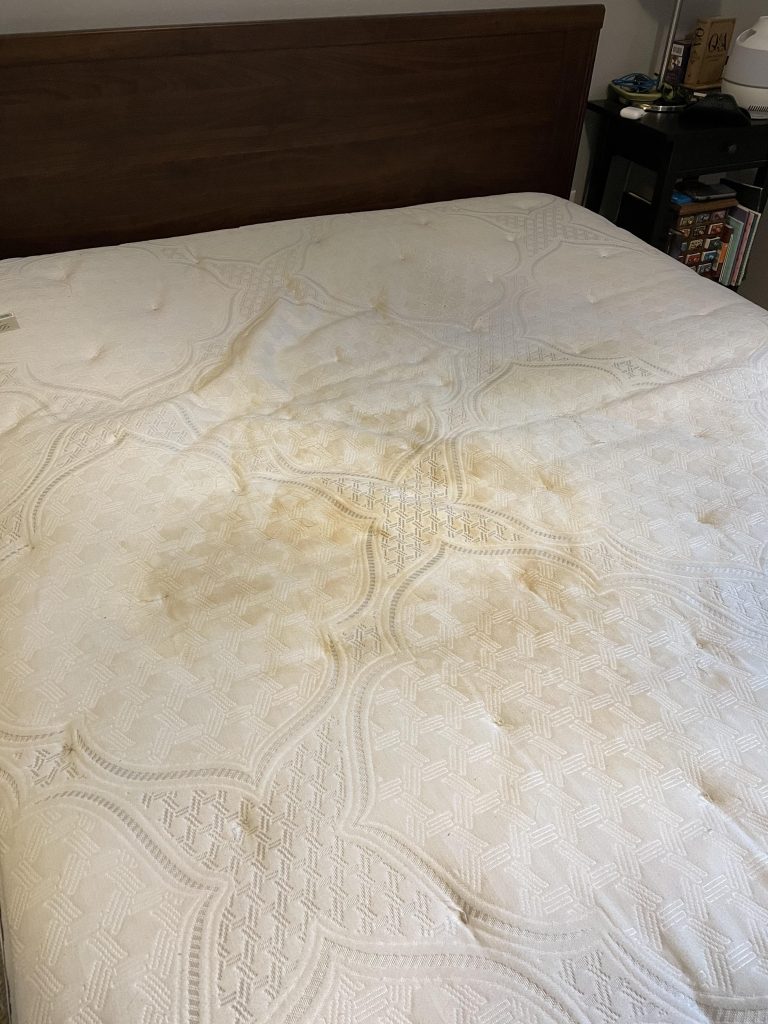 image source: reddit.com
image source: reddit.com
Chronic kidney disease (CKD) is a progressive condition characterized by the gradual loss of kidney function over time. Night sweats can occur in individuals with CKD as a result of several factors, including alterations in hormone levels, such as erythropoietin and parathyroid hormone, which can affect thermoregulation and sweat production.
24. Sweating can actually happen after having a stroke
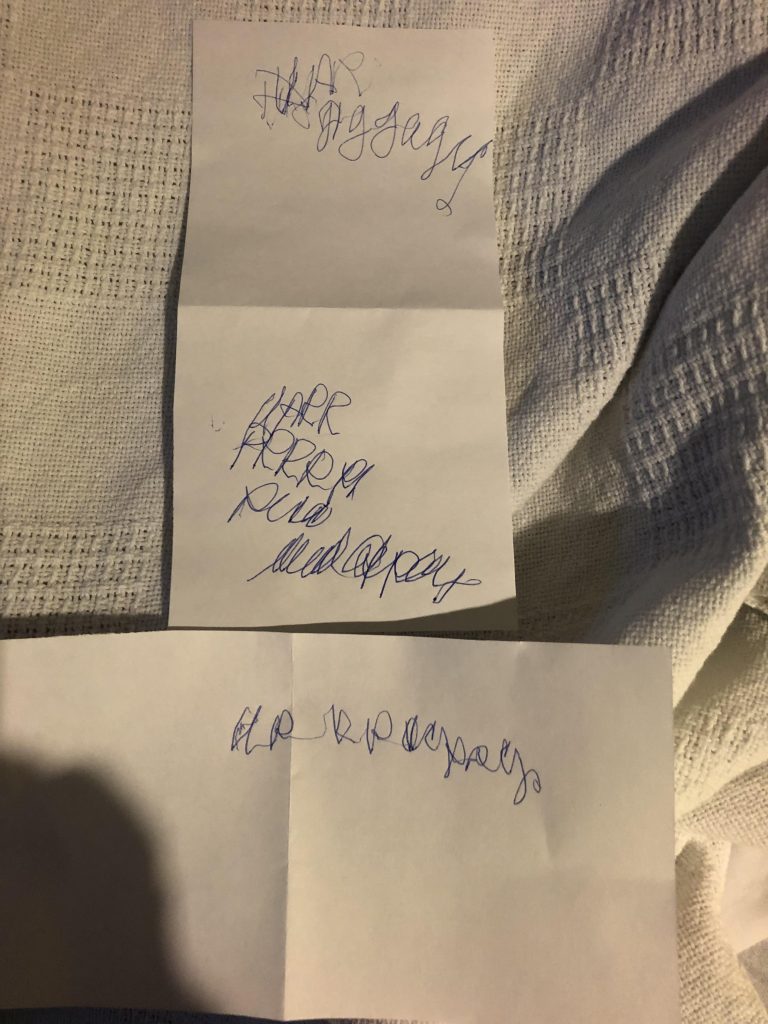 image source: reddit.com
image source: reddit.com
A stroke occurs when the blood supply to part of the brain is interrupted or reduced, leading to damage to brain tissue. Night sweats can occur following a stroke as a result of the body's response to the brain injury and the stress placed on the cardiovascular system. Stroke-related complications such as infections, pain, or changes in autonomic function can also contribute to night sweats.
25. You could be experiencing heart failure
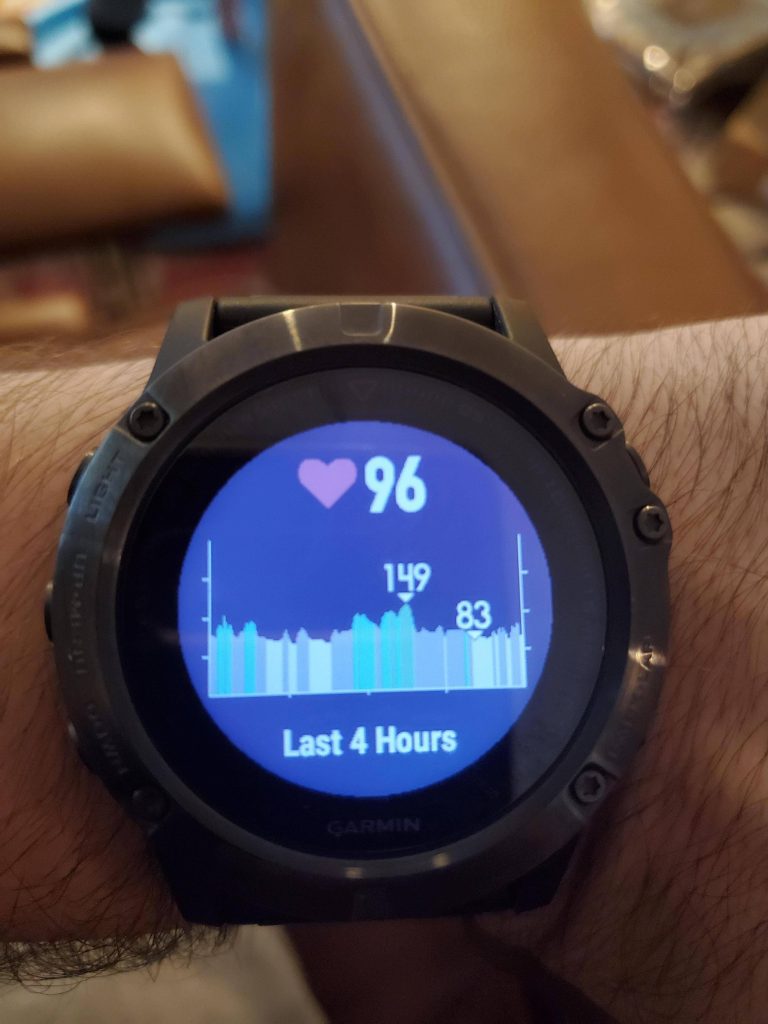 image source: reddit.com
image source: reddit.com
Heart failure, also known as congestive heart failure, occurs when the heart is unable to pump blood effectively to meet the body's needs. Night sweats can occur in individuals with heart failure due to several factors, including fluid retention, increased sympathetic nervous system activity, and disruptions in sleep patterns caused by symptoms such as difficulty breathing while lying down.
26. Some neurological disorders can result in night sweats
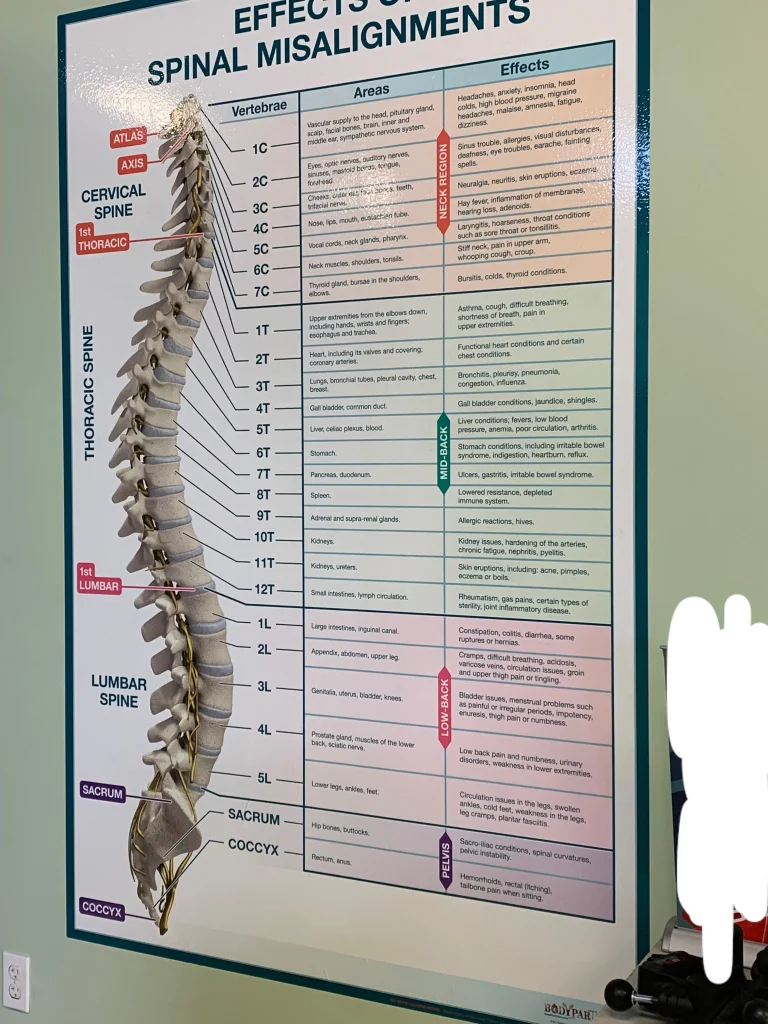 image source: reddit.com
image source: reddit.com
Autonomic dysreflexia is a potentially life-threatening condition that occurs in individuals with spinal cord injuries at or above the T6 level. Night sweats in autonomic dysreflexia can occur as a result of the body's attempt to regulate blood pressure and temperature in response to the dysregulated autonomic response.
27. It could even be tuberculosis
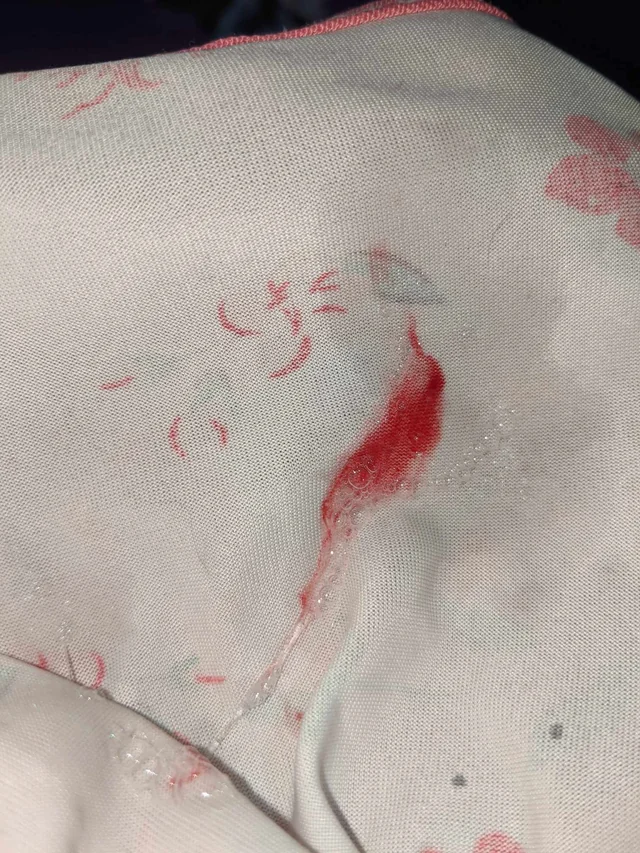 image source: reddit.com
image source: reddit.com
Tuberculosis (TB) is a bacterial infection caused by Mycobacterium tuberculosis that primarily affects the lungs but can also affect other parts of the body. Night sweats are a classic symptom of tuberculosis, often accompanied by other symptoms such as coughing, fever, weight loss, and fatigue.
28. In rare cases, it could be HIV or AIDS
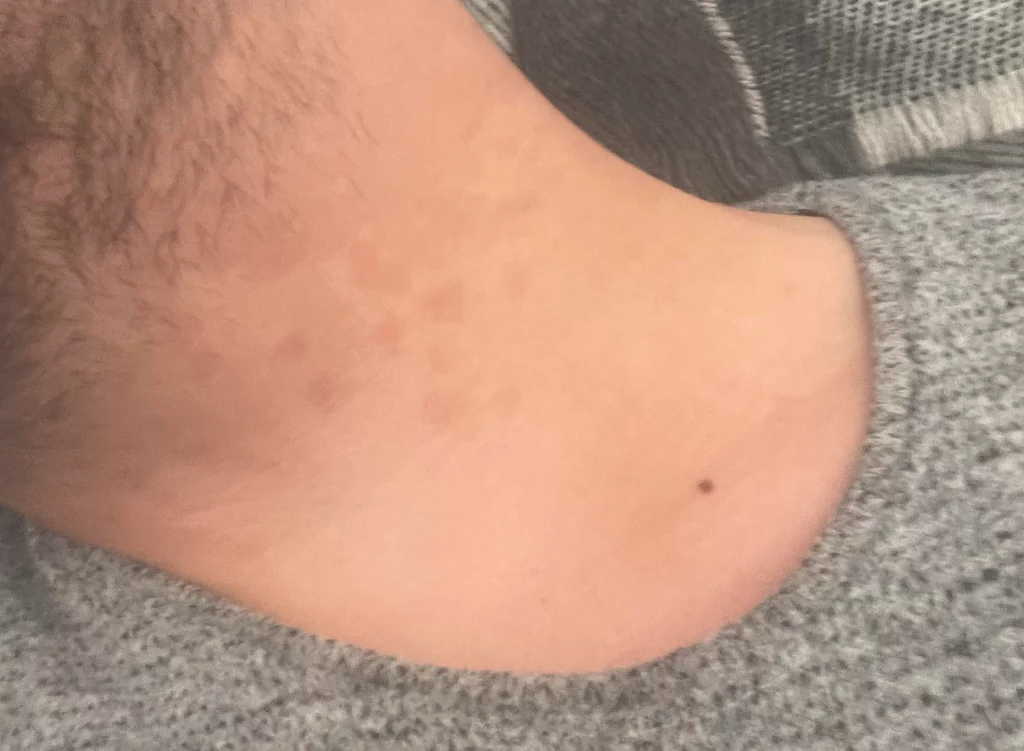 image source: reddit.com
image source: reddit.com
Night sweats are a common symptom of HIV/AIDS, particularly during the early stages of infection and in individuals with advanced disease. Night sweats in HIV/AIDS can occur due to a variety of factors, including fever associated with opportunistic infections, hormonal imbalances, or the direct effects of HIV on the body's regulatory mechanisms.
29. Chronic liver disease may also cause night sweats
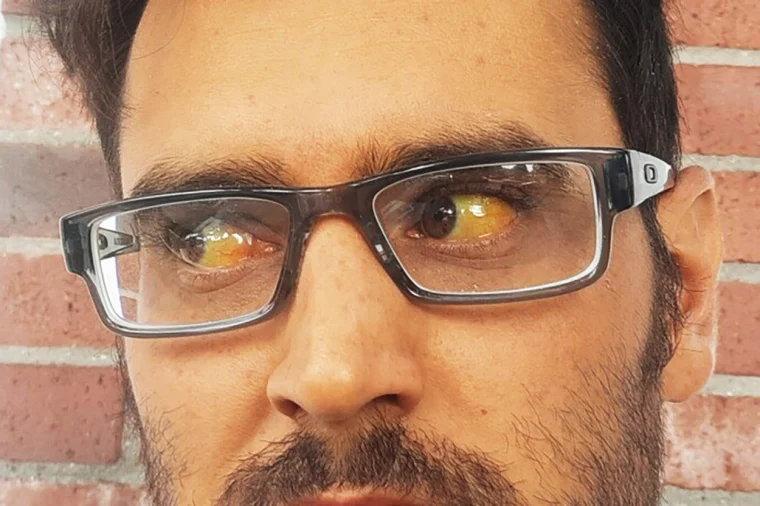 image source: nbcnews.com
image source: nbcnews.com
Chronic liver disease encompasses a range of conditions that cause liver inflammation and damage over time, leading to progressive impairment of liver function. Night sweats can be a symptom of chronic liver disease, particularly in advanced stages when complications such as ascites (fluid buildup in the abdomen) are present.
30. You could be having way too many spicy foods
 image source: reddit.com
image source: reddit.com
If you're a fan of a late-night curry, this could be the cause for those night sweats. Spicy foods contain compounds like capsaicin that can stimulate the body's thermoregulatory mechanisms, leading to an increase in body temperature and sweating. Consuming spicy foods close to bedtime may exacerbate night sweats for some people.
31. Here's what you can do to prevent those night sweats: keep your bedroom as cool as possible
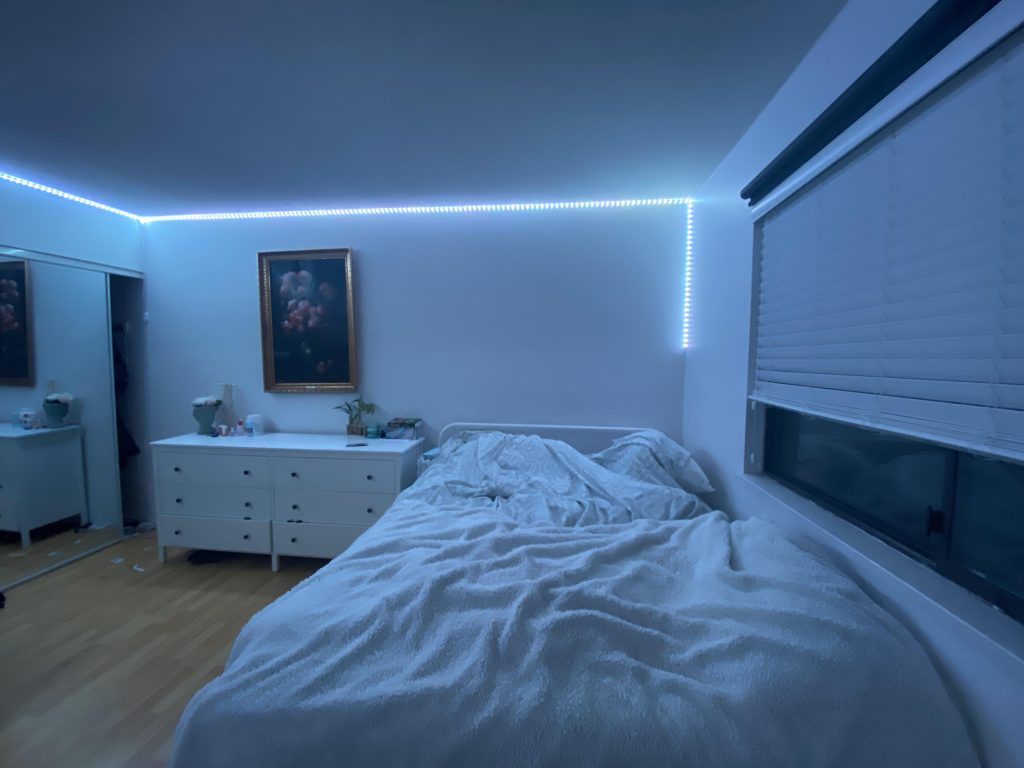 image source: reddit.com
image source: reddit.com
Creating a cool and well-ventilated bedroom environment is crucial for minimizing night sweats and promoting restful sleep. By using fans, opening windows, or utilizing air conditioning, you can regulate the temperature to a comfortable level that reduces the likelihood of overheating during the night.
32. Invest in your bed and get some new, breathable sheets
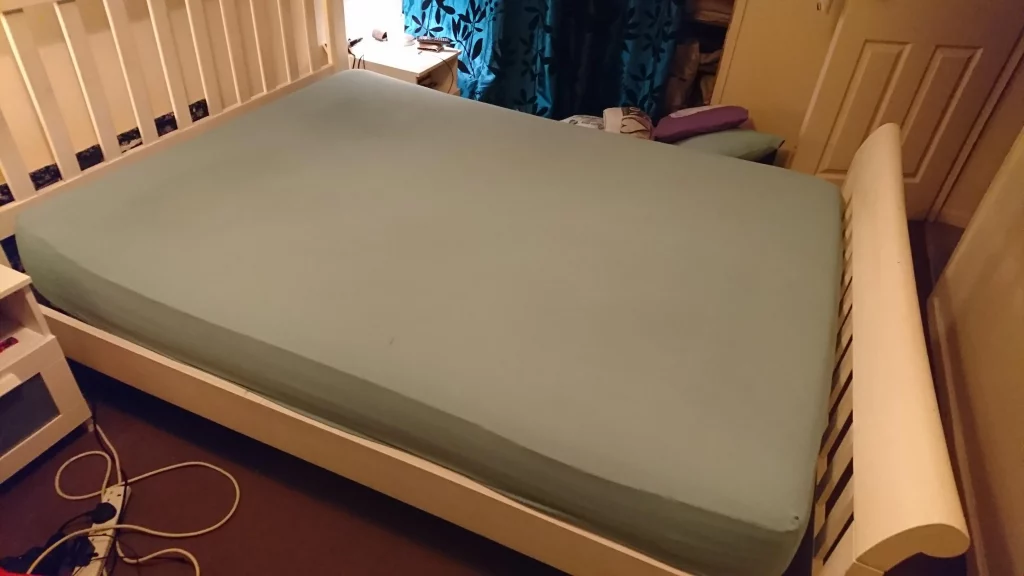 image source: reddit.com
image source: reddit.com
Heavy comforters or blankets can trap heat against your body, exacerbating sweating and discomfort throughout the night. By selecting breathable bedding, you can create a more conducive sleep environment that allows for better temperature regulation and improved comfort. Investing in high-quality, moisture-wicking bedding can make a significant difference in reducing night sweats and enhancing overall sleep quality.
33. It's time to buy some moisture-wicking pajamas
 image source: thetodayshow.com
image source: thetodayshow.com
Choosing sleepwear made from moisture-wicking fabrics is a practical strategy for managing night sweats effectively. These specialized materials are designed to draw moisture away from the skin, keeping you cool and dry throughout the night. By preventing sweat buildup on the skin's surface, moisture-wicking sleepwear helps to minimize discomfort and irritation.
34. Cut down on spicy foods and stimulants during the day
 image source: reddit.com
image source: reddit.com
Consuming spicy foods, caffeine, and alcohol close to bedtime can exacerbate night sweats by stimulating the body's thermoregulatory mechanisms. Spicy foods contain compounds like capsaicin that can raise body temperature and trigger sweating, while caffeine and alcohol can disrupt sleep patterns and increase metabolic activity, leading to overheating.
35. We know you've heard it before... but drink more water!
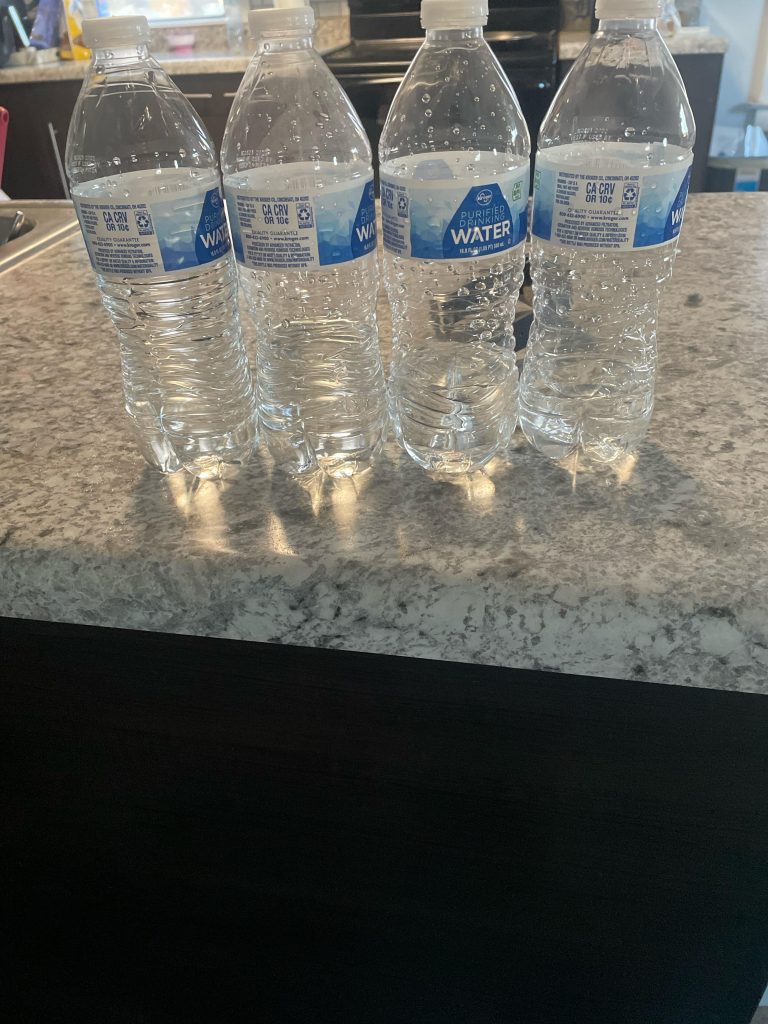 image source: reddit.com
image source: reddit.com
Adequate hydration is essential for overall health and well-being, but it's especially important for managing night sweats. Dehydration can exacerbate sweating and contribute to discomfort during sleep, so it's essential to drink plenty of water throughout the day. However, it's wise to avoid consuming large amounts of fluids right before bedtime to minimize the need to urinate during the night!
36. Find time for stress management techniques
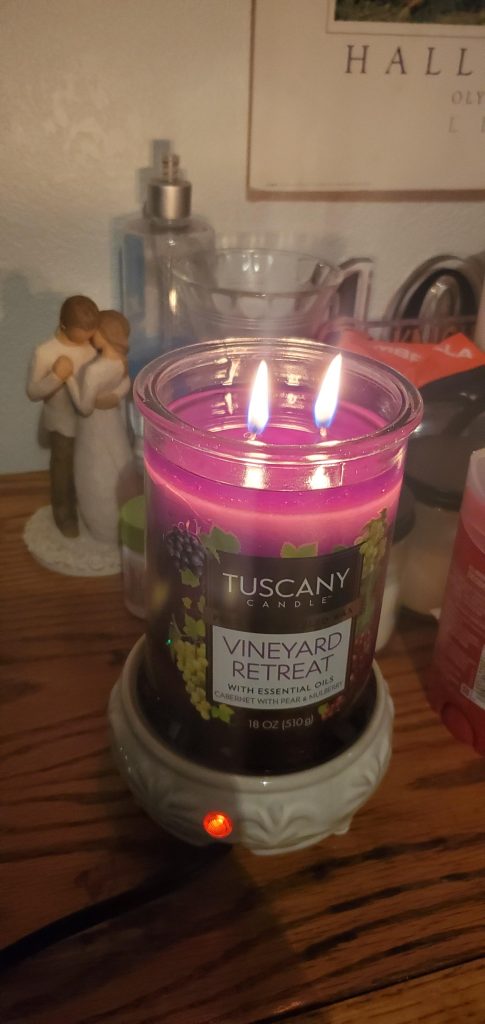
image source: reddit.com
Stress and anxiety can significantly impact sleep quality and contribute to night sweats. Engaging in relaxation techniques such as deep breathing, meditation, or yoga can help reduce stress levels and promote relaxation before bedtime. By incorporating these stress management techniques into your nightly routine, you can create a sense of calm and tranquility that facilitates restful sleep.
37. Start eating earlier in the evening
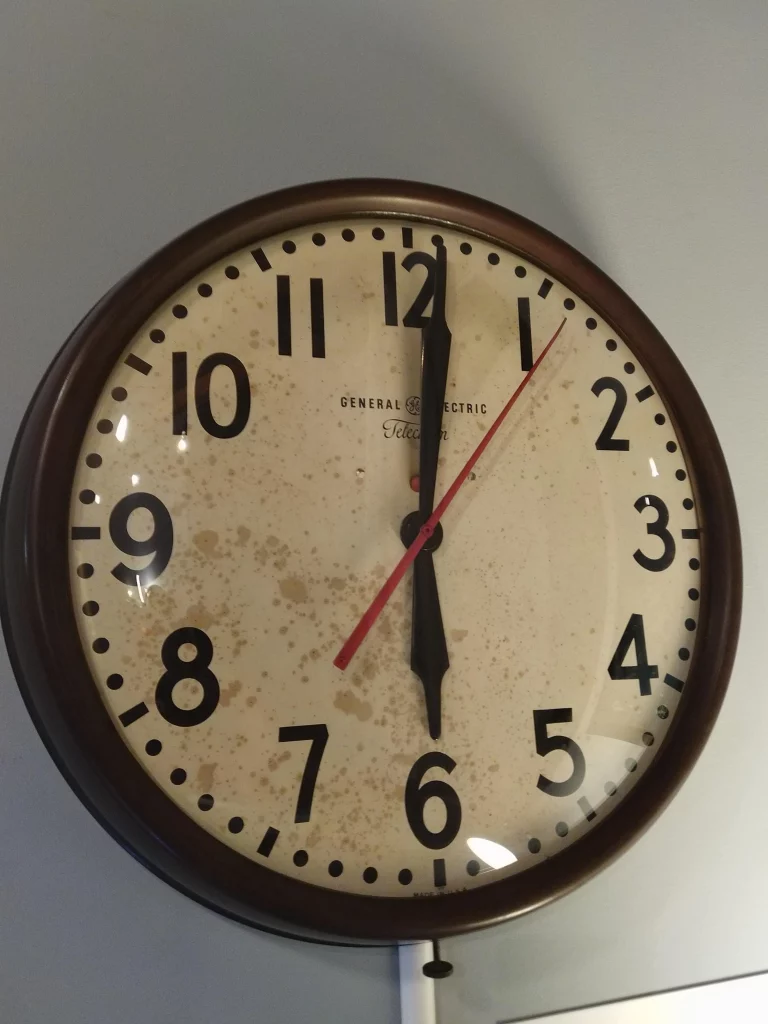 image source: reddit.com
image source: reddit.com
Eating large, heavy meals close to bedtime can disrupt digestion and increase metabolic activity, leading to elevated body temperature and night sweats. To prevent discomfort and promote better sleep quality, it's advisable to avoid heavy meals in the hours leading up to bedtime. Instead, opt for lighter, more easily digestible foods.
38. Check that gym membership - maintain a healthy weight!
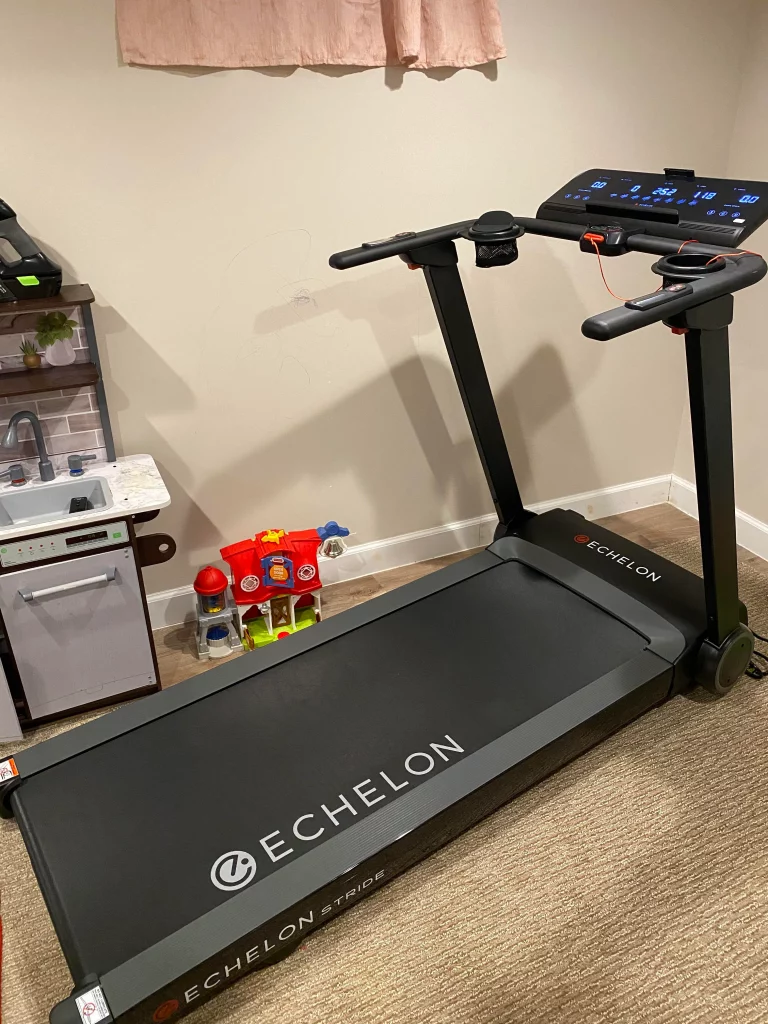 image source: reddit.com
image source: reddit.com
Maintaining a healthy weight through regular exercise and a balanced diet is essential for overall health and well-being, but it can also help reduce the frequency and severity of night sweats. Obesity is a known risk factor for night sweats and other sleep disturbances, as excess body fat can interfere with temperature regulation and exacerbate sweating during sleep.
39. Get rid of any heat sources in your bedroom
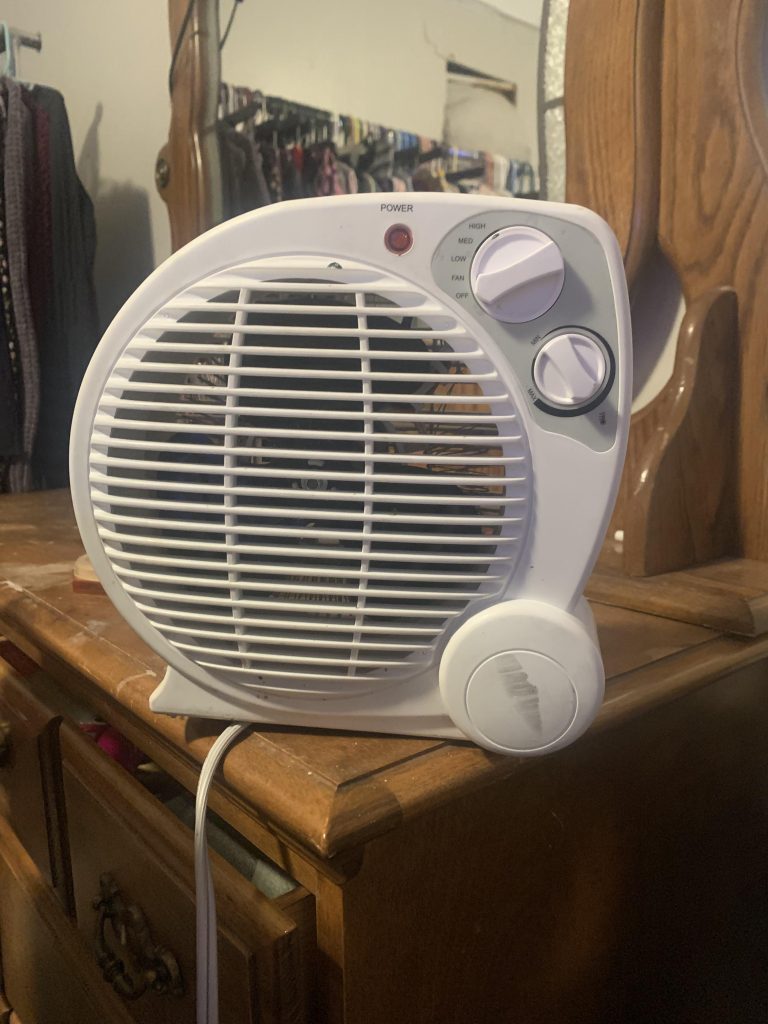 image source: reddit.com
image source: reddit.com
Minimizing exposure to heat sources such as space heaters, electric blankets, or heated mattress pads is essential for managing night sweats effectively. These heat-emitting devices can raise the body's temperature, exacerbating sweating and discomfort during sleep. By avoiding the use of such heat sources or keeping them at a low setting, you can prevent overheating.
40. Get into a good sleep routine to regulate your body (and avoid those sweats)
 image source: reddit.com
image source: reddit.com
Irregular sleep patterns can disrupt the body's natural sleep-wake cycle, leading to disturbances in hormone levels, metabolism, and temperature regulation—all of which can contribute to night sweats. By establishing a regular sleep routine and sticking to it, you can help your body maintain a steady rhythm of sleep and wakefulness, reducing the likelihood of night sweats and promoting overall sleep quality.
41. Get a ceiling fan to circulate the air
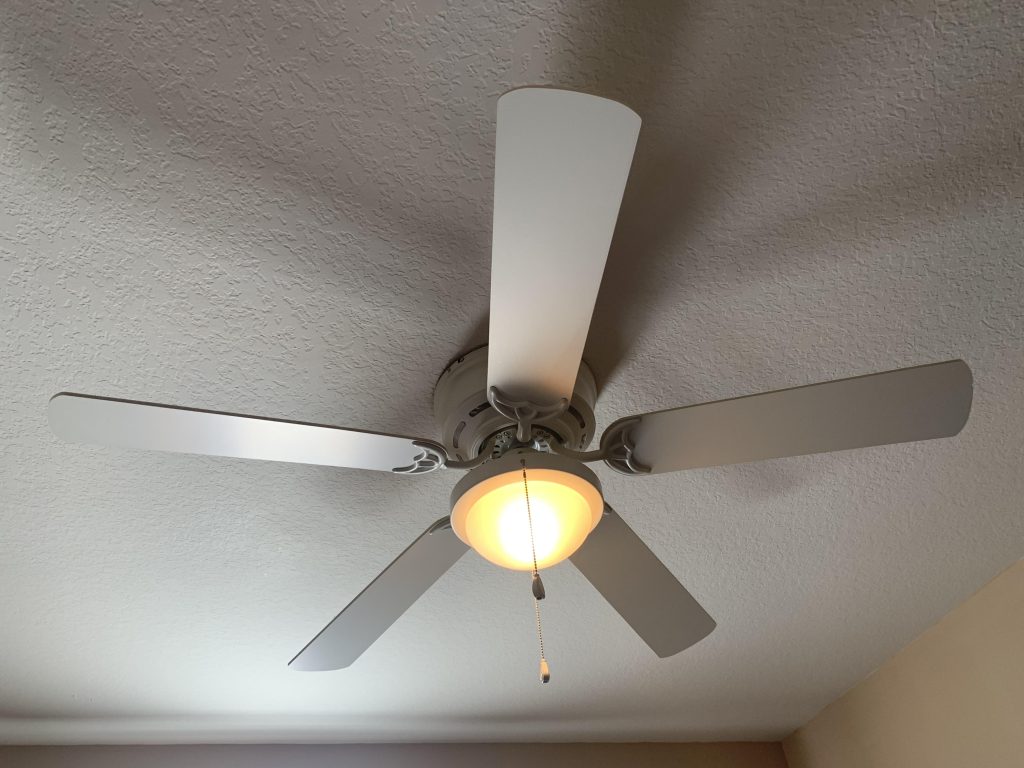 image source: reddit.com
image source: reddit.com
Enhancing air circulation in your bedroom can significantly alleviate night sweats and improve comfort during sleep. Placing a fan near your bed or using a ceiling fan can create a cooling breeze that helps dissipate body heat and promote airflow throughout the room. Improved air circulation helps regulate temperature and humidity levels.
42. Try taking a cool shower before bed
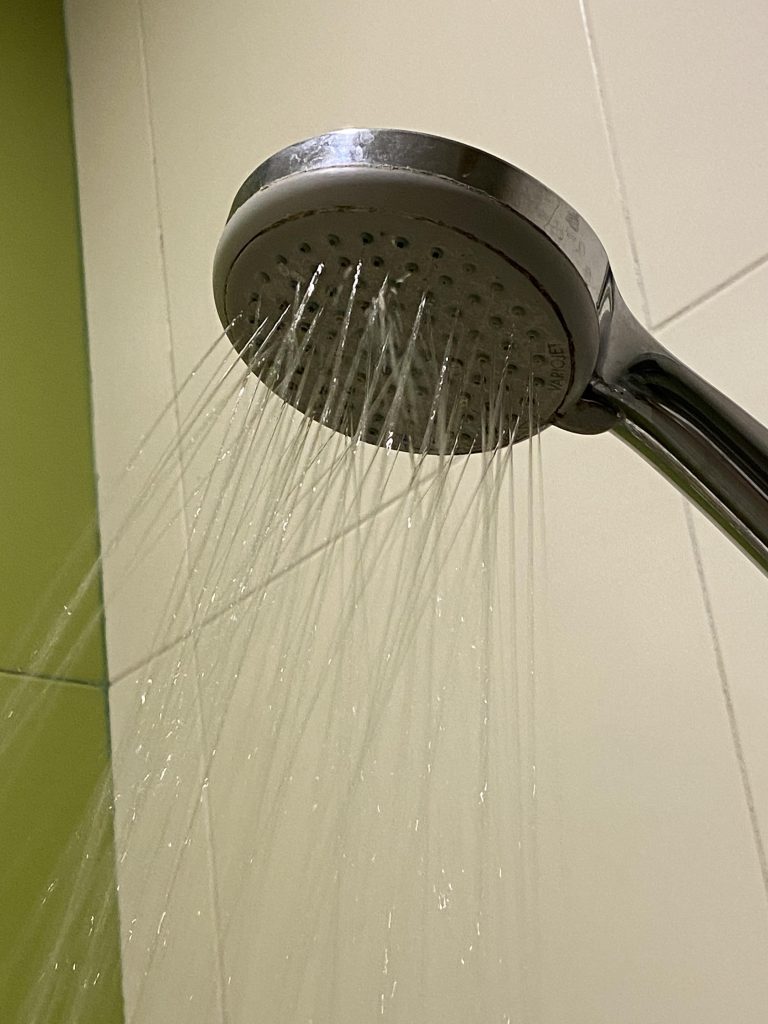 image source: reddit.com
image source: reddit.com
Taking a cool shower or bath before bedtime can be an effective strategy for lowering your body temperature and promoting relaxation, thereby helping to prevent night sweats. Cool water has a cooling effect on the body, reducing core temperature and signaling to the brain that it's time to wind down for sleep.
43. If hormones are to blame, you could consider HRT
 image source: reddit.com
image source: reddit.com
For women experiencing severe menopausal symptoms, including night sweats, hormone replacement therapy (HRT) may be a viable option to alleviate symptoms and improve quality of life. HRT involves replacing depleted hormones, such as estrogen and progesterone, with synthetic or bioidentical hormones to rebalance hormone levels and alleviate menopausal symptoms.
44. Get a dehumidifier for your bedroom
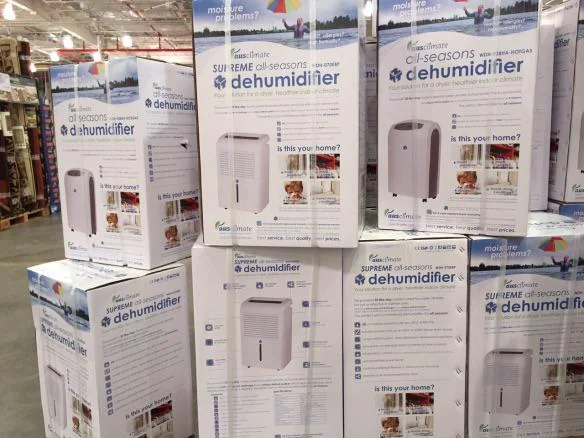 image source: reddit.com
image source: reddit.com
Utilizing a dehumidifier in your bedroom can be an effective strategy for reducing excess humidity levels that contribute to night sweats. High humidity impedes the evaporation of sweat from the skin, leading to discomfort and exacerbating night sweats. By maintaining optimal humidity levels, typically between 30% to 50%, with the help of a dehumidifier, you create a more comfortable sleep environment.
45. Opt for breathable, loose clothing right before bed, and during sleep
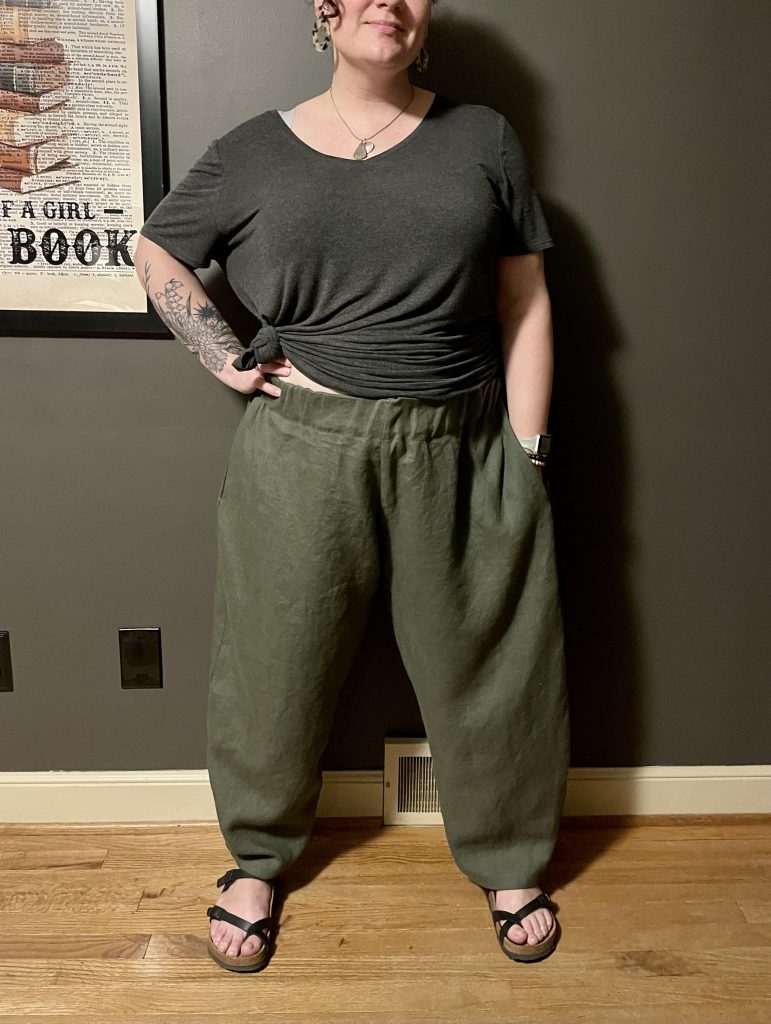 image source: reddit.com
image source: reddit.com
Opting for loose-fitting, breathable clothing to sleep in is essential for preventing night sweats. Tight or restrictive clothing can trap heat and moisture against the skin. Loose-fitting clothing also minimizes friction and irritation against the skin, promoting greater comfort and ease of movement during sleep.
46. Keep a sleep and sweat diary (we know it sounds weird)
 image source: reddit.com
image source: reddit.com
Maintaining a sleep diary can be a valuable tool for identifying patterns and triggers associated with night sweats, thereby informing targeted treatment strategies. By recording details such as bedtime routines, sleep duration, environmental factors, dietary intake, and symptoms experienced during the night, you can gain insights into potential contributors to your night sweats.
47. Dust your bedroom regularly and limit any allergens
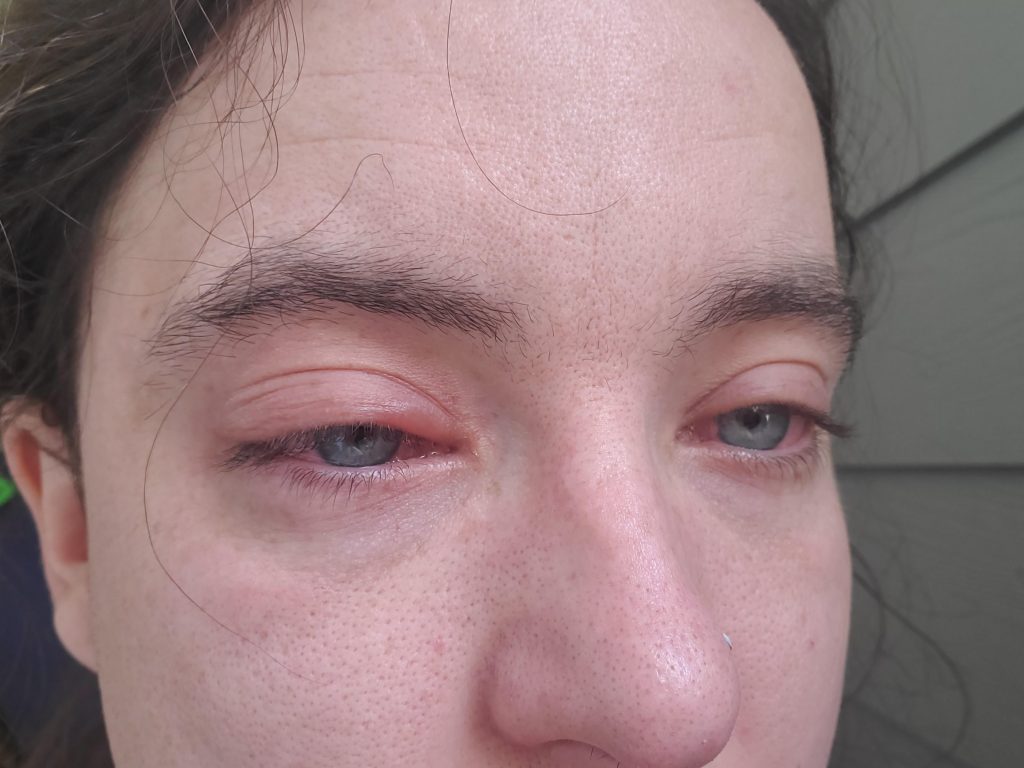 image source: reddit.com
image source: reddit.com
Minimizing exposure to common allergens like dust mites, pet dander, and pollen is essential for managing night sweats, particularly in individuals prone to allergic reactions. Allergens can trigger inflammatory responses in the body, exacerbating symptoms like nasal congestion, sneezing, and itching, which can disrupt sleep and contribute to night sweats.
48. Good sleep hygiene is one of the best things you can do
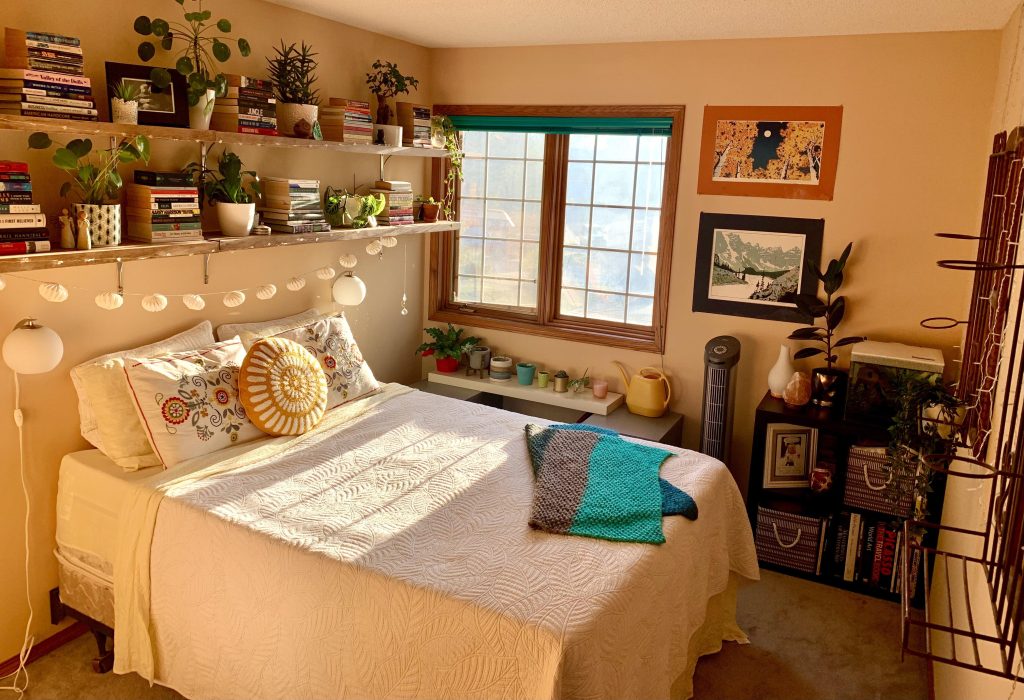 image source: reddit.com
image source: reddit.com
Adopting good sleep hygiene practices is essential for promoting restful sleep and minimizing the risk of night sweats. Sleep hygiene encompasses a range of behaviors and habits that contribute to healthy sleep patterns, including establishing a consistent sleep schedule, creating a relaxing bedtime routine, and optimizing the sleep environment.
49. If night sweats persist, book an appointment with your doctor
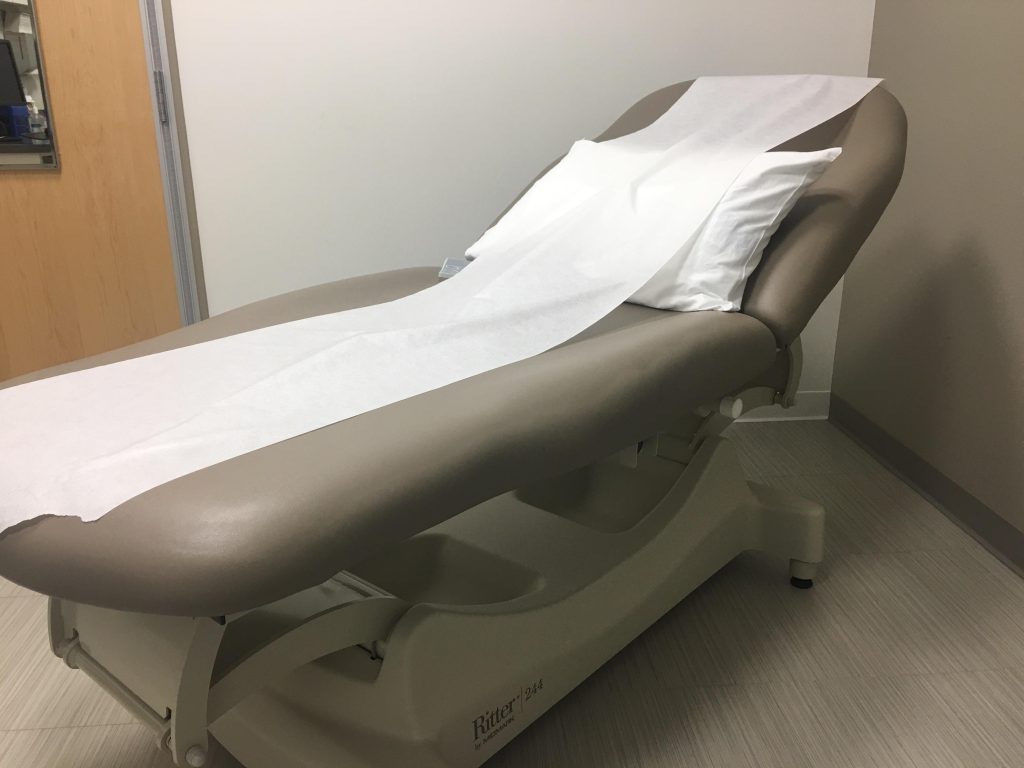 image source: reddit.com
image source: reddit.com
If night sweats persist or are accompanied by other concerning symptoms, it's crucial to consult with a healthcare professional for proper evaluation and guidance. Night sweats can be a symptom of various underlying medical conditions, including hormonal imbalances, infections, or sleep disorders, so it's essential to rule out any potential health concerns.
50. In certain cases, medical treatments may be necessary
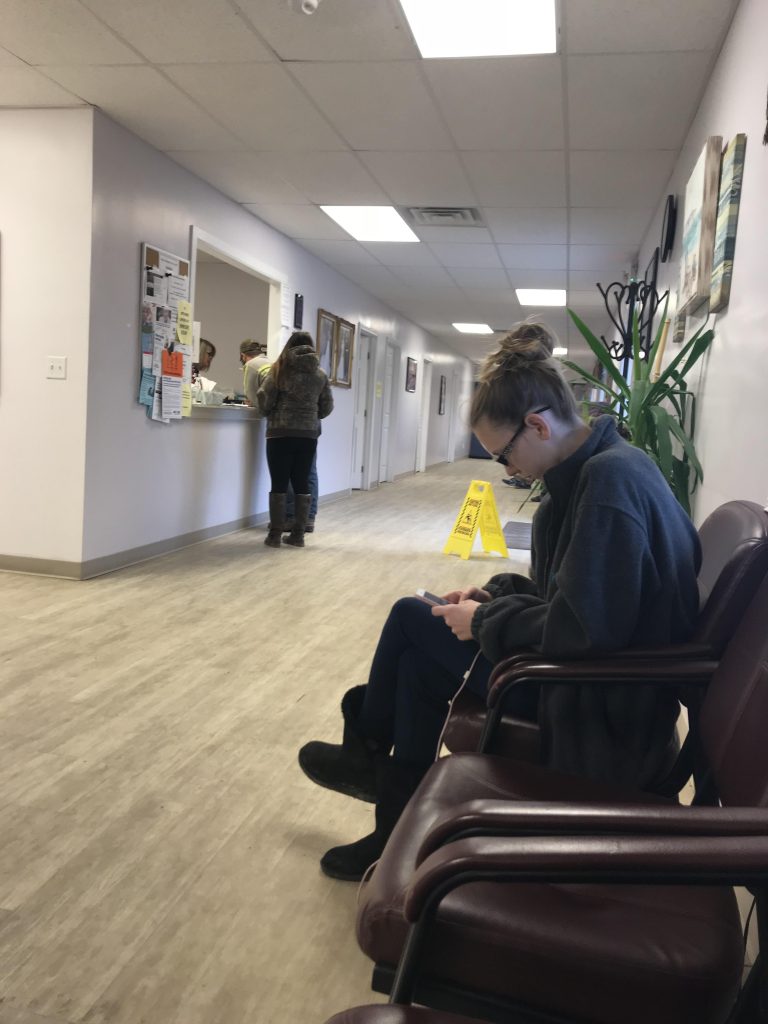 image source: reddit.com
image source: reddit.com
In cases where night sweats are persistent or significantly impacting quality of life, medical treatments may be necessary to manage underlying causes or alleviate symptoms. Depending on the underlying medical condition or hormonal imbalance contributing to night sweats, treatment options may include medications or other therapeutic interventions.
 image source: reddit.com
image source: reddit.com image source: reddit.com
image source: reddit.com image source: reddit.com
image source: reddit.com
 image source: reddit.com
image source: reddit.com image source: reddit.com
image source: reddit.com image source: reddit.com
image source: reddit.com image source: reddit.com
image source: reddit.com image source: reddit.com
image source: reddit.com image source: reddit.com
image source: reddit.com image source: reddit.com
image source: reddit.com image source: reddit.com
image source: reddit.com image source: reddit.com
image source: reddit.com image source: thenewyorktimes.com
image source: thenewyorktimes.com image source: reddit.com
image source: reddit.com image source: reddit.com
image source: reddit.com image source: reddit.com
image source: reddit.com image source: reddit.com
image source: reddit.com image source: reddit.com
image source: reddit.com image source: reddit.com
image source: reddit.com
 image source: reddit.com
image source: reddit.com image source: reddit.com
image source: reddit.com image source: reddit.com
image source: reddit.com image source: reddit.com
image source: reddit.com image source: reddit.com
image source: reddit.com image source: reddit.com
image source: reddit.com image source: reddit.com
image source: reddit.com image source: nbcnews.com
image source: nbcnews.com image source: reddit.com
image source: reddit.com image source: reddit.com
image source: reddit.com image source: reddit.com
image source: reddit.com image source: thetodayshow.com
image source: thetodayshow.com image source: reddit.com
image source: reddit.com image source: reddit.com
image source: reddit.com
 image source: reddit.com
image source: reddit.com image source: reddit.com
image source: reddit.com image source: reddit.com
image source: reddit.com image source: reddit.com
image source: reddit.com image source: reddit.com
image source: reddit.com image source: reddit.com
image source: reddit.com image source: reddit.com
image source: reddit.com image source: reddit.com
image source: reddit.com image source: reddit.com
image source: reddit.com image source: reddit.com
image source: reddit.com image source: reddit.com
image source: reddit.com image source: reddit.com
image source: reddit.com image source: reddit.com
image source: reddit.com image source: reddit.com
image source: reddit.com